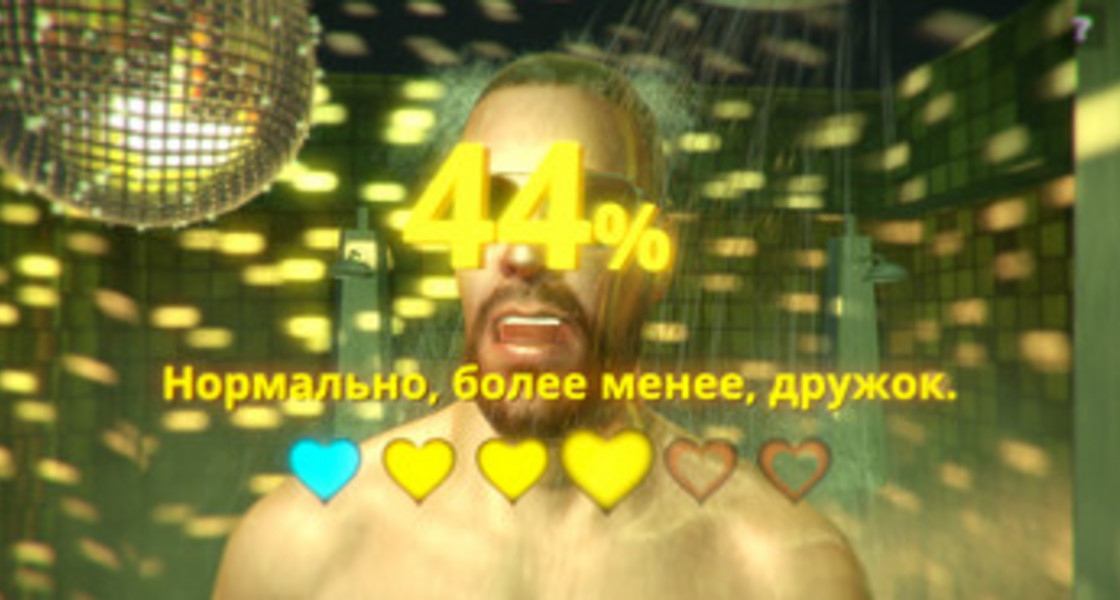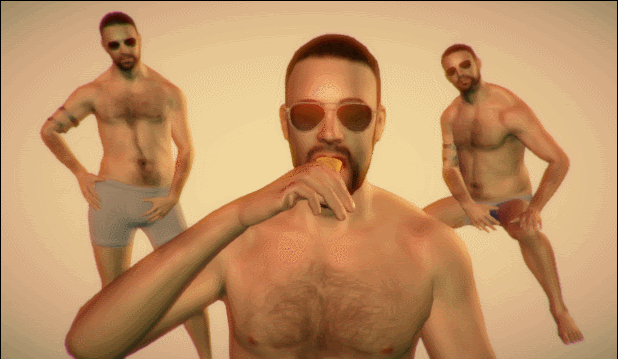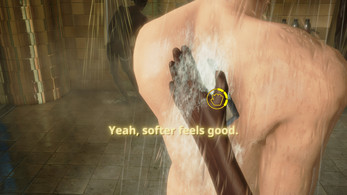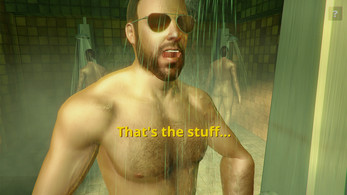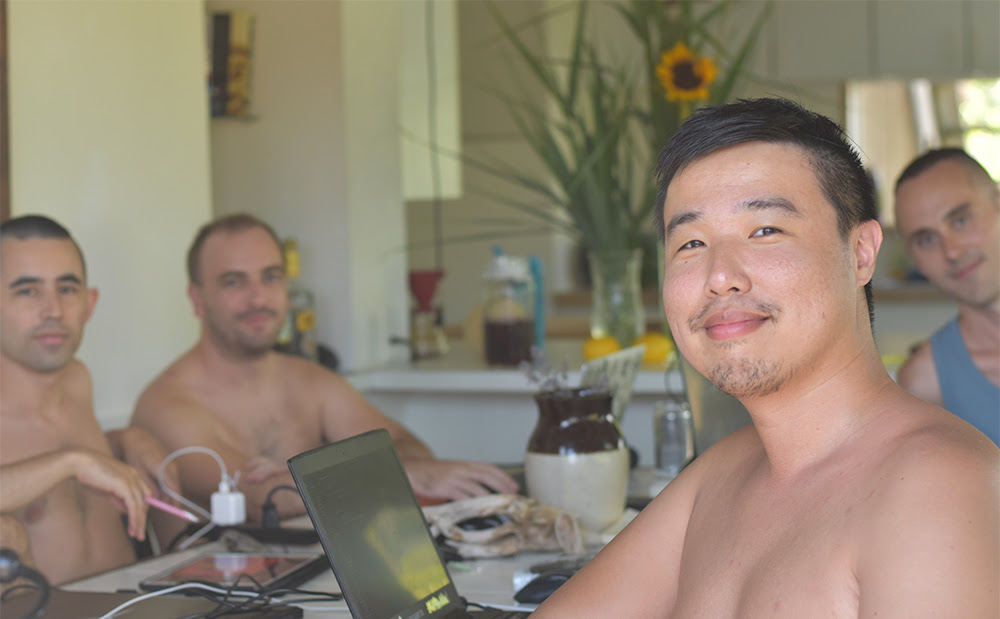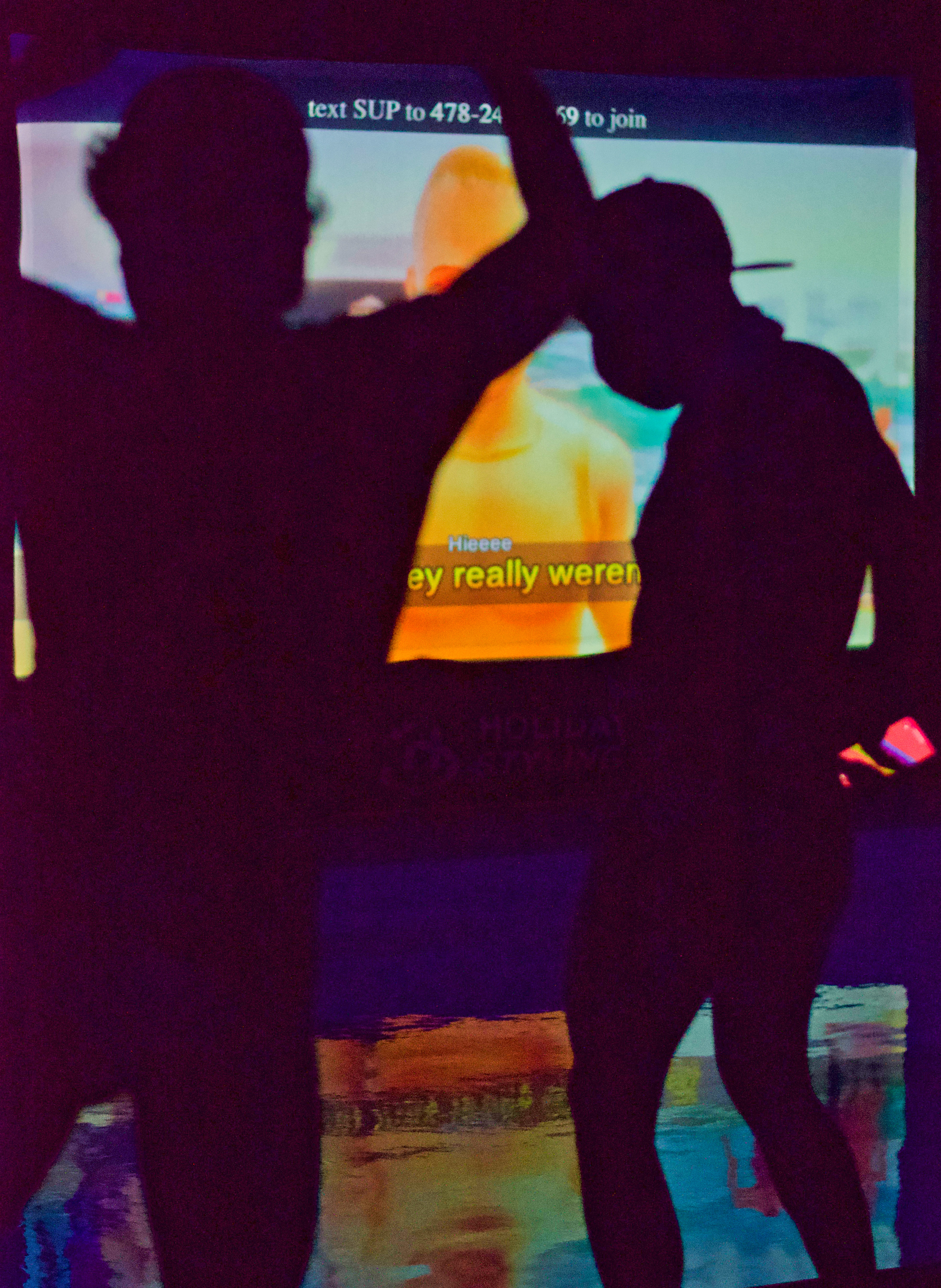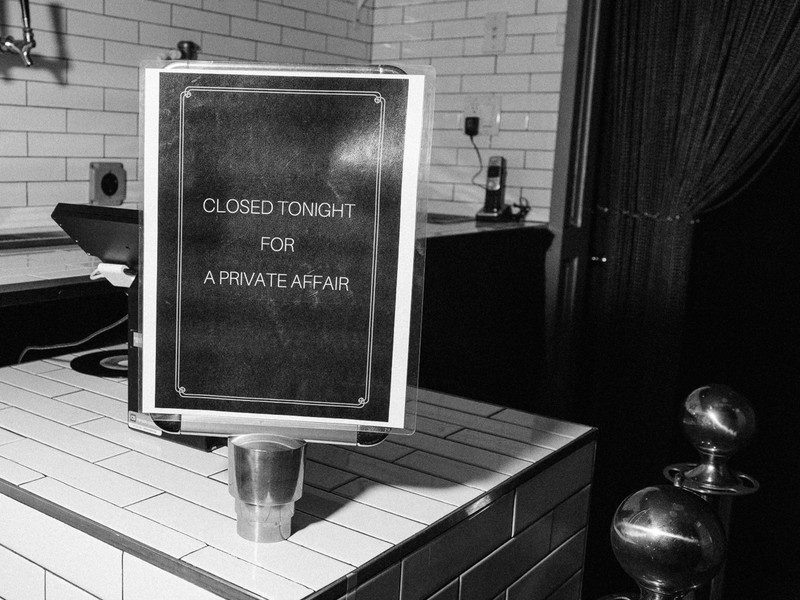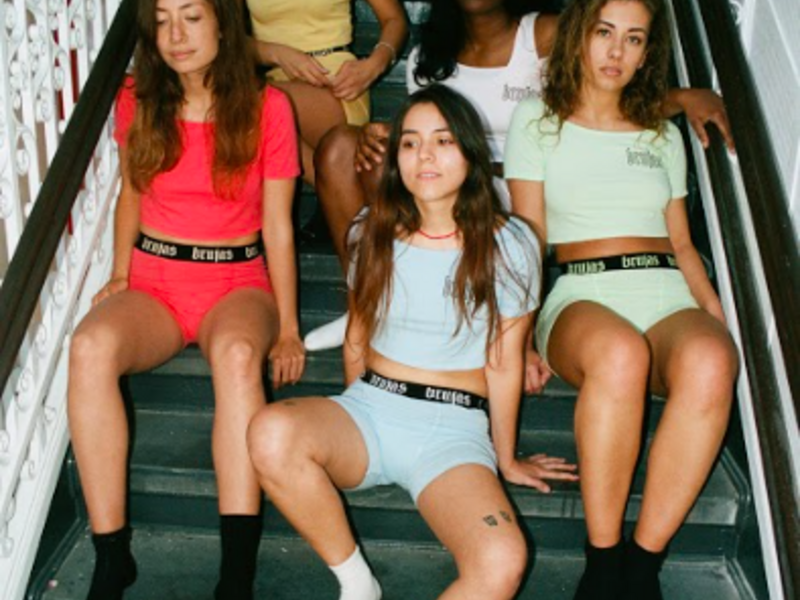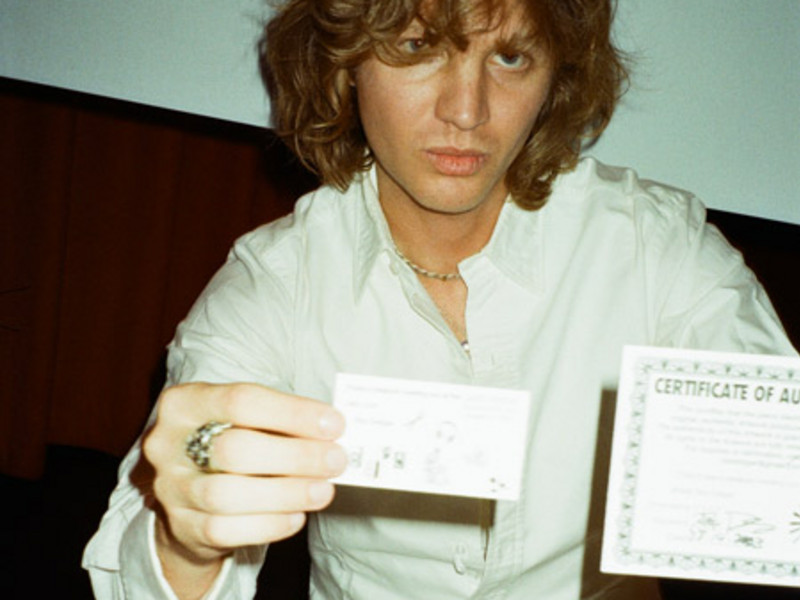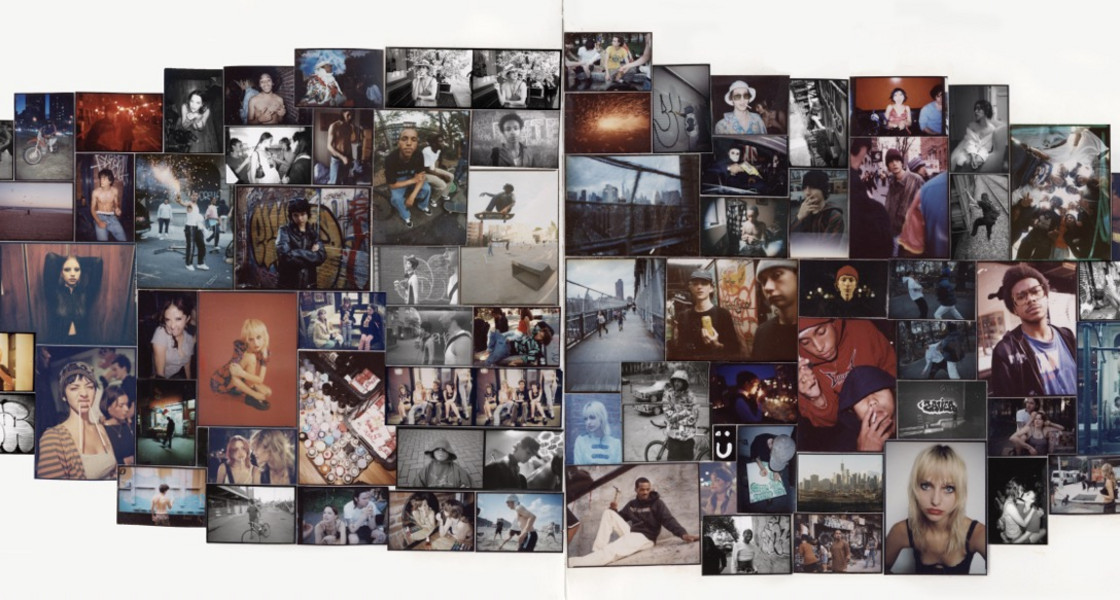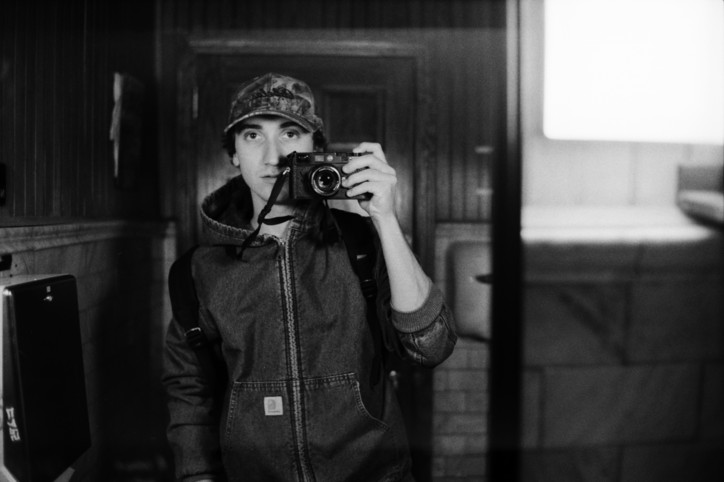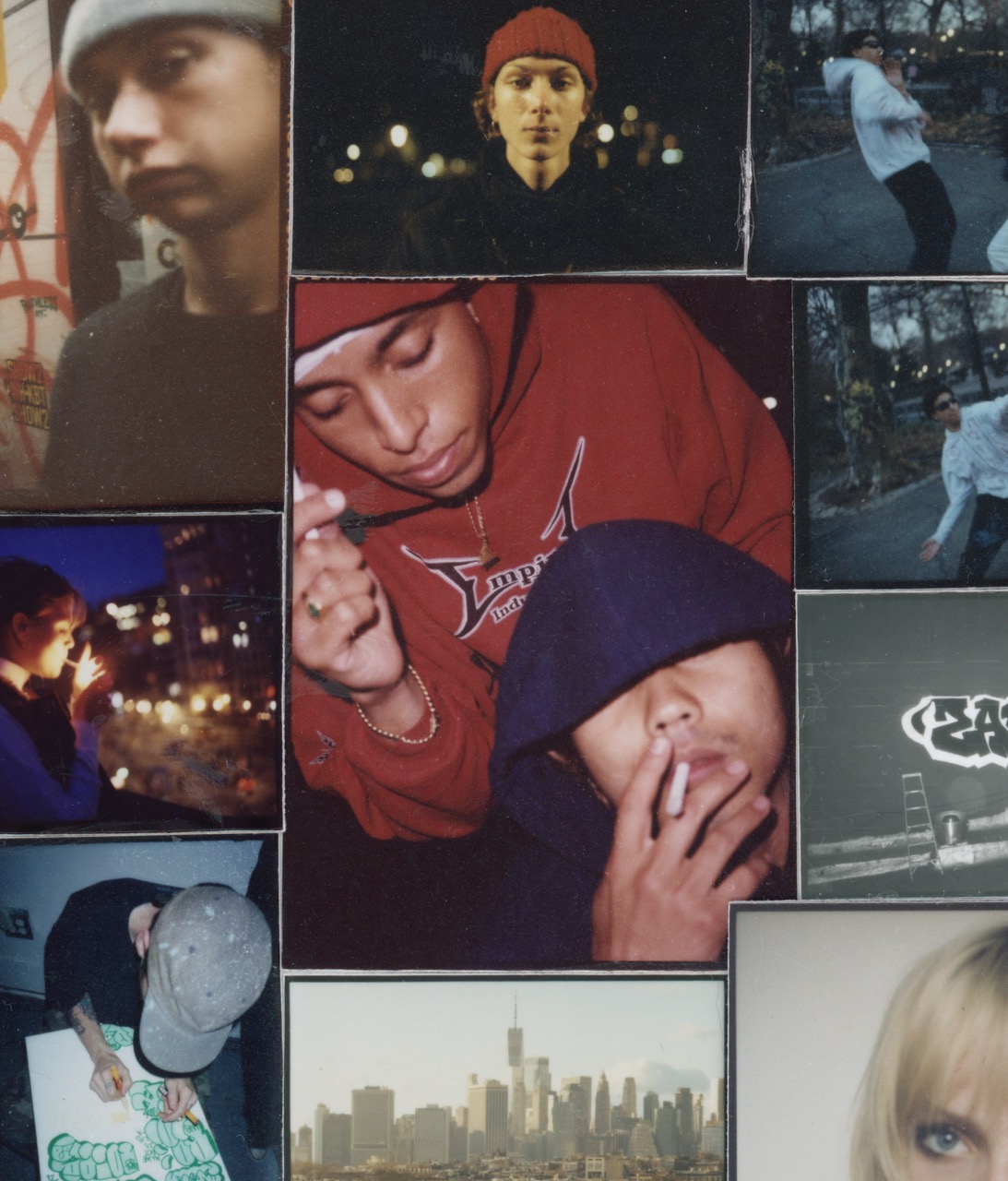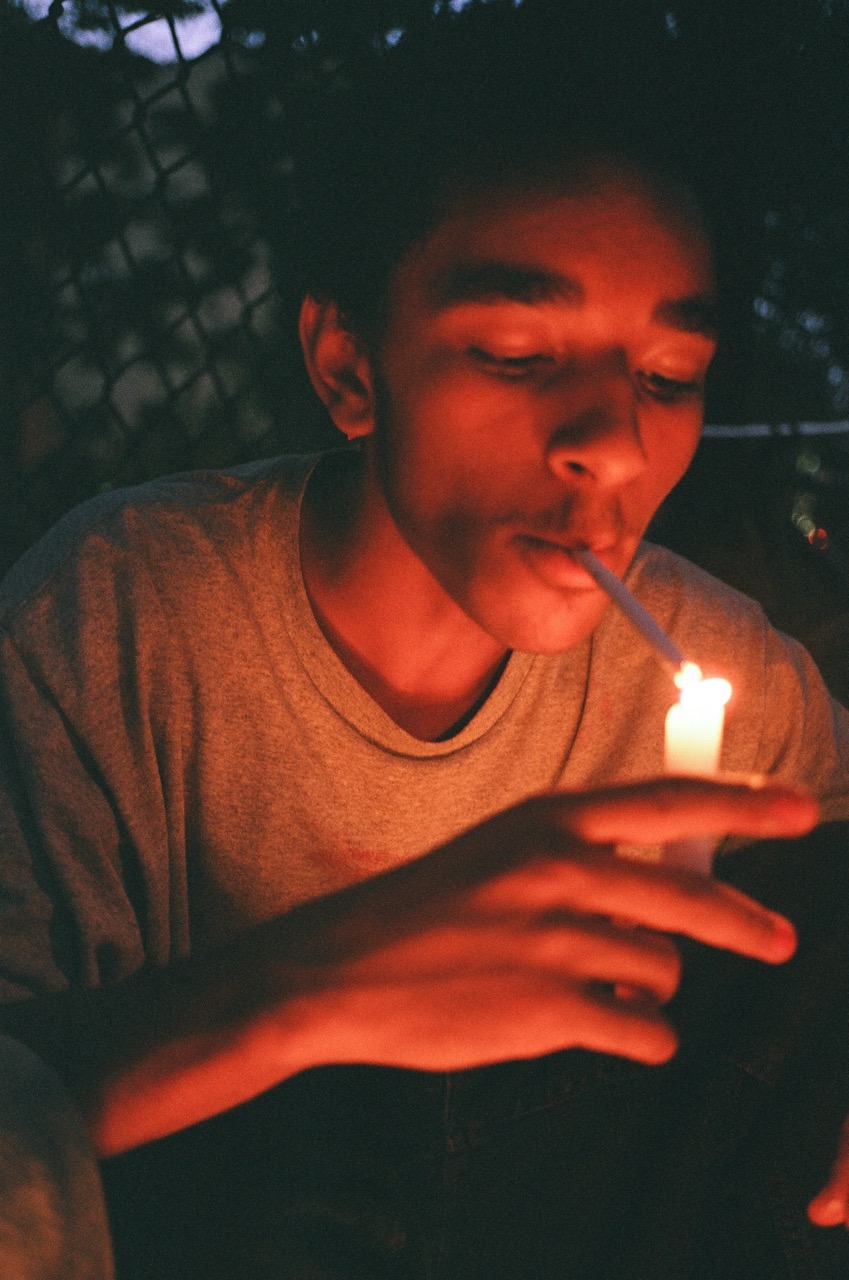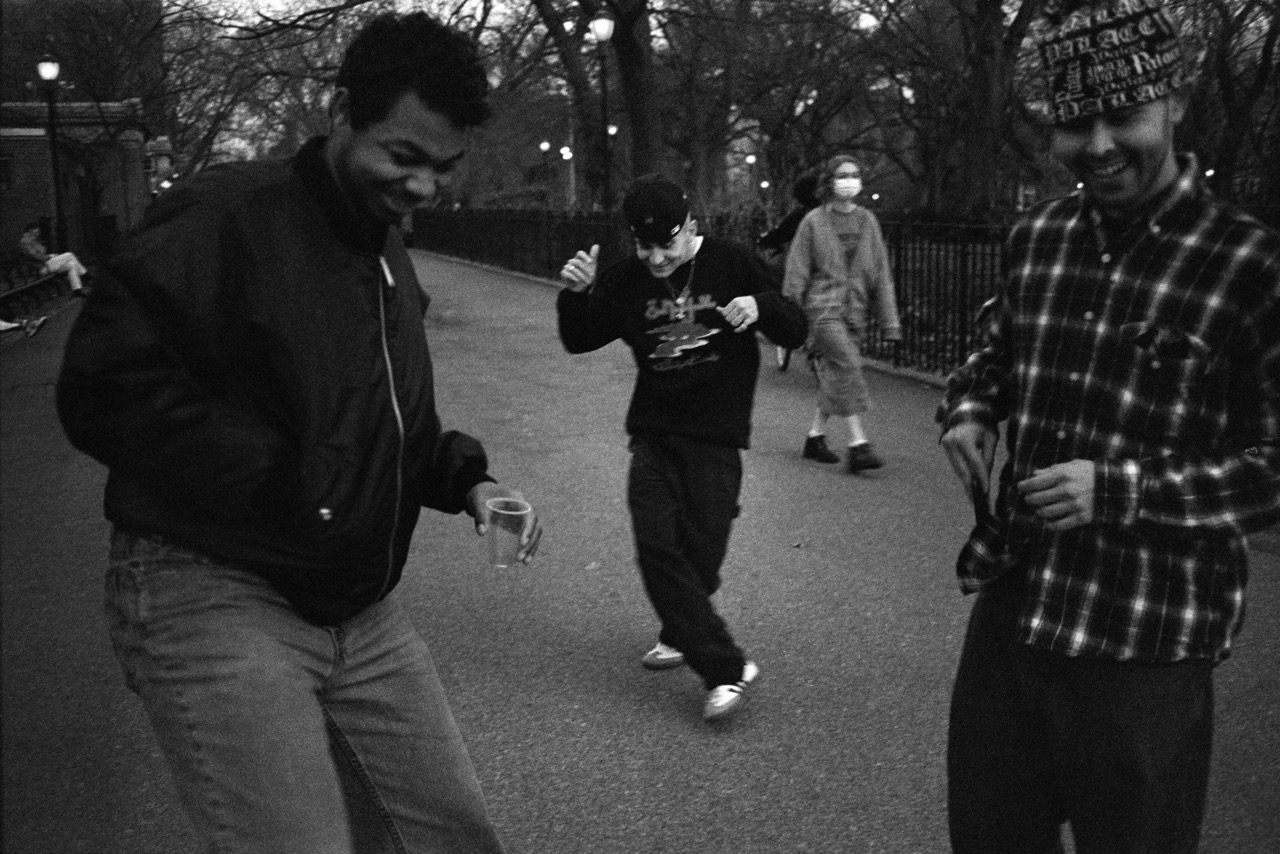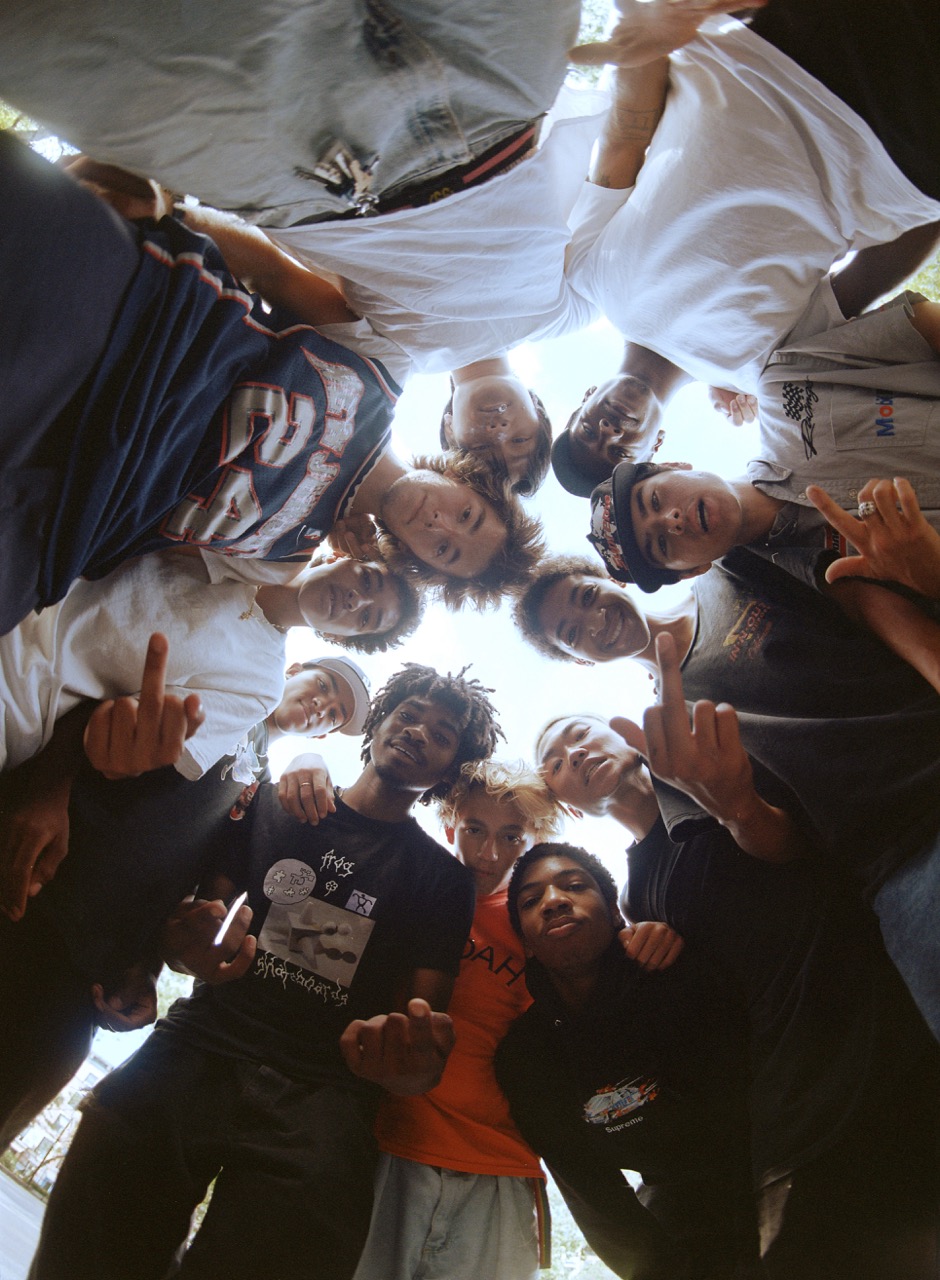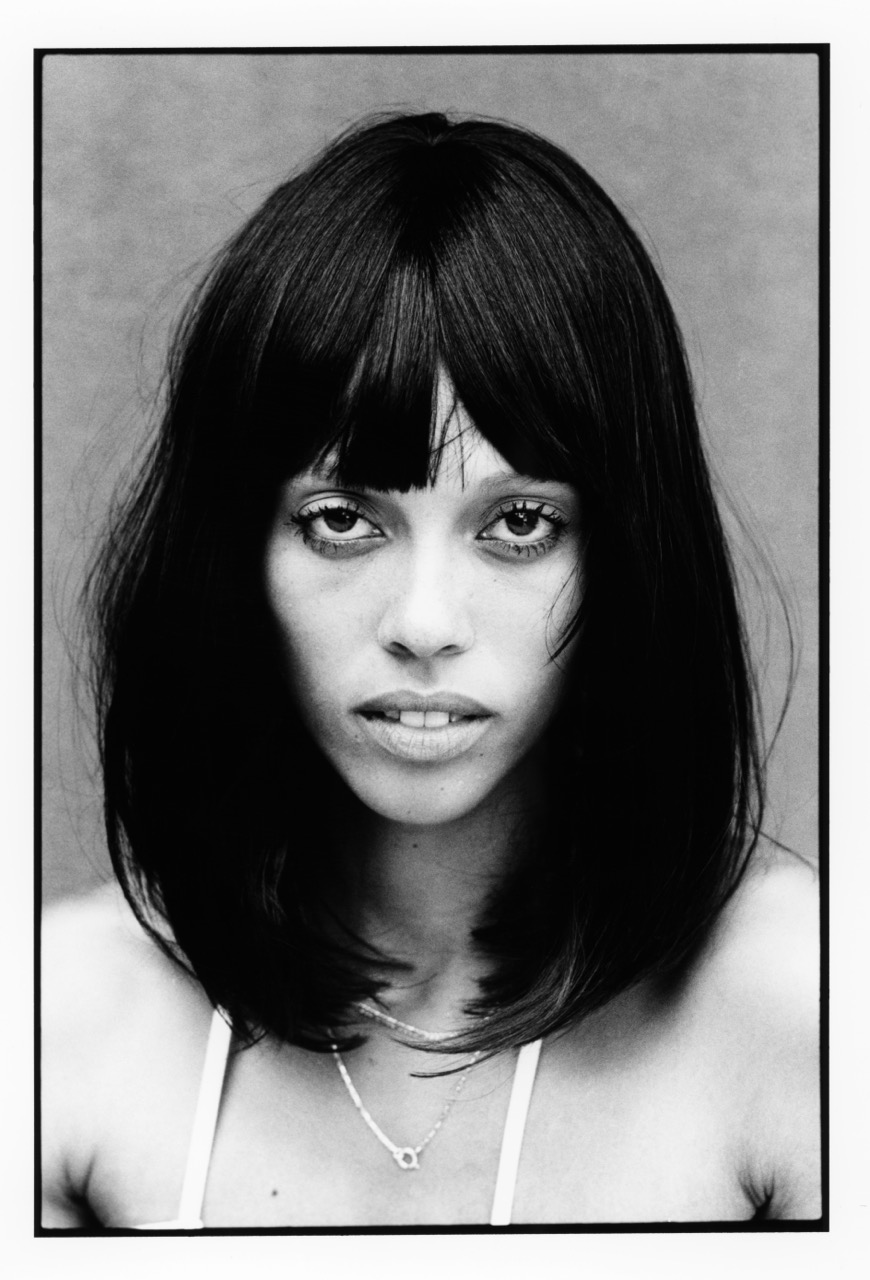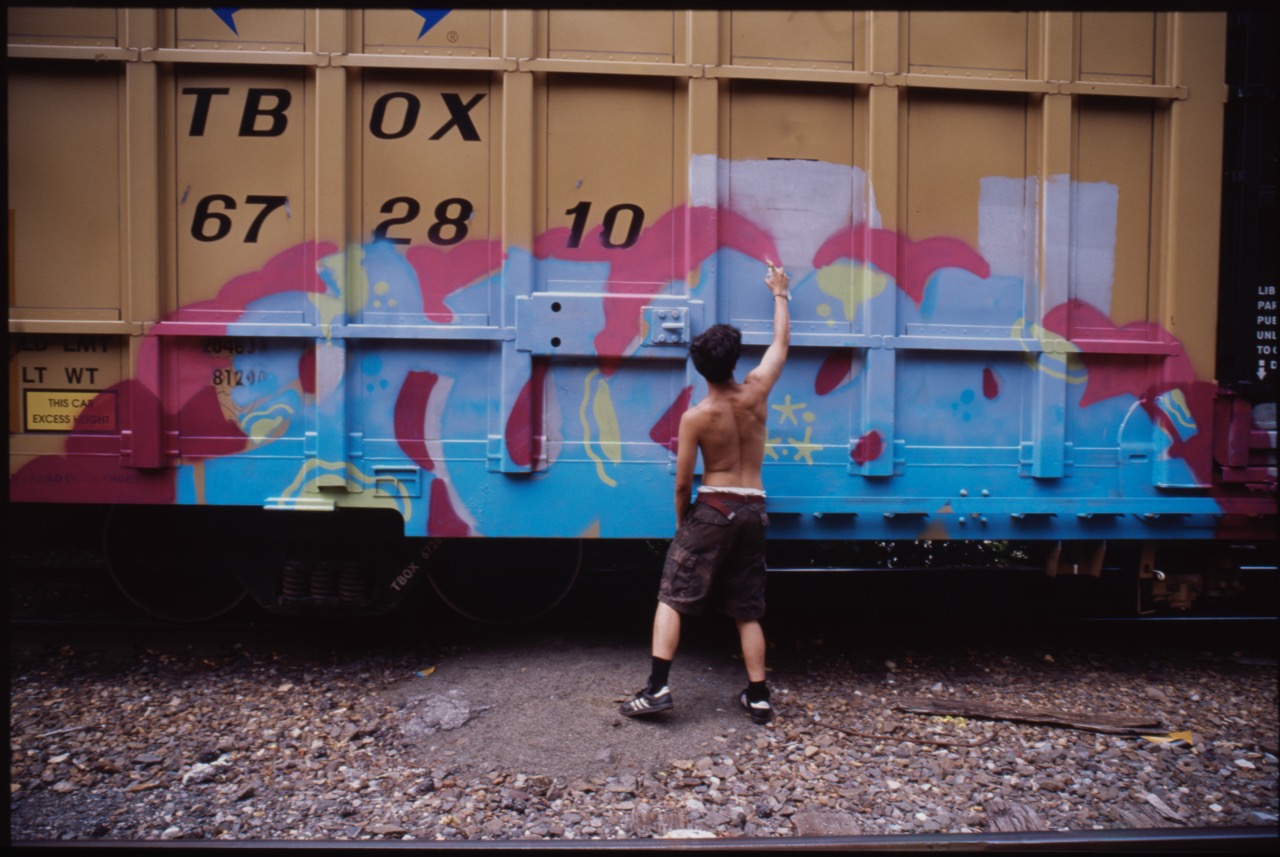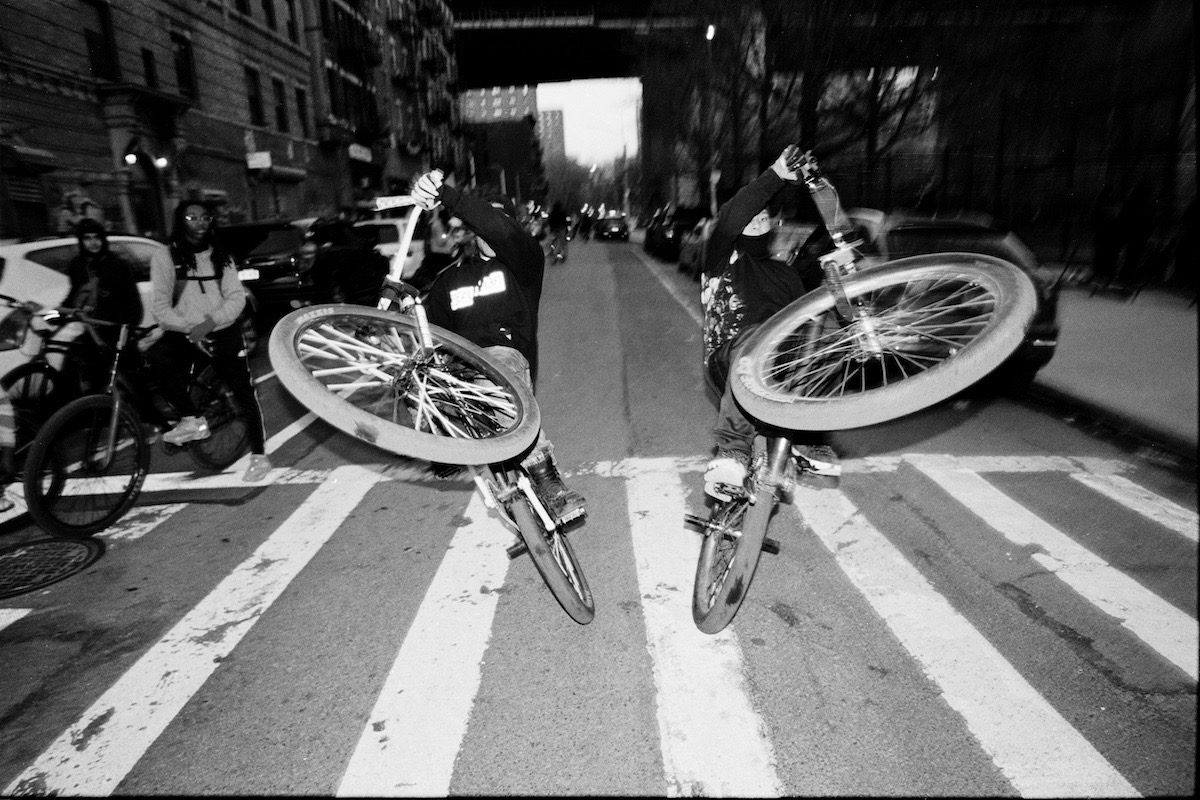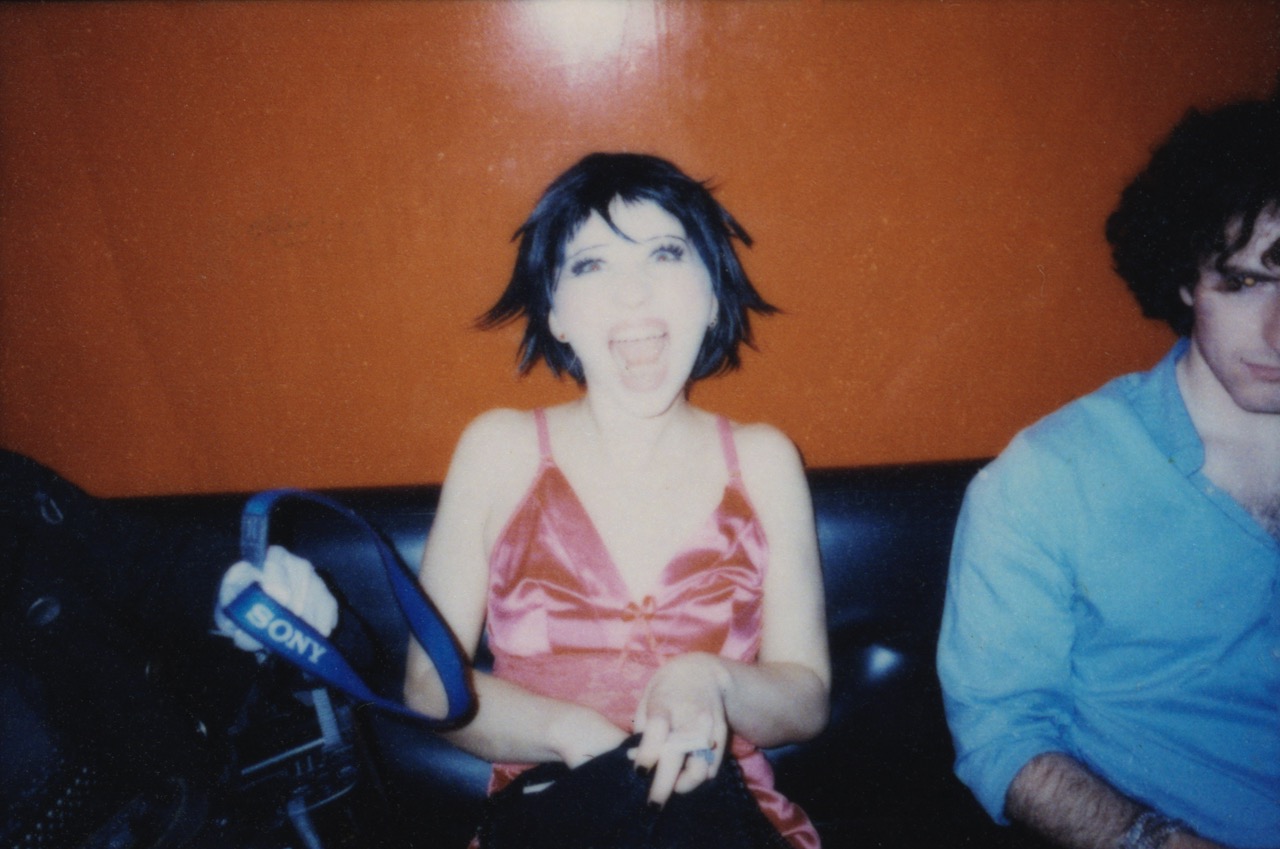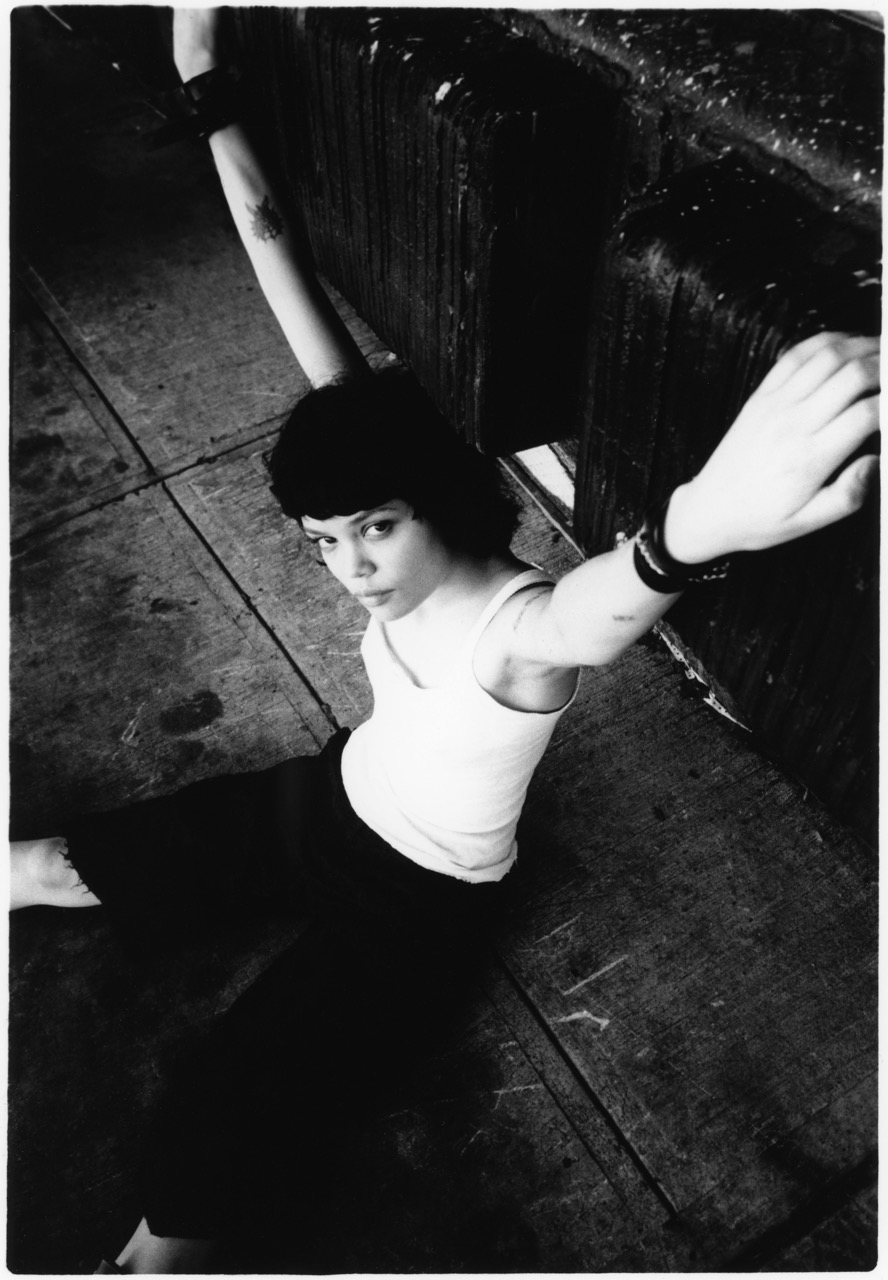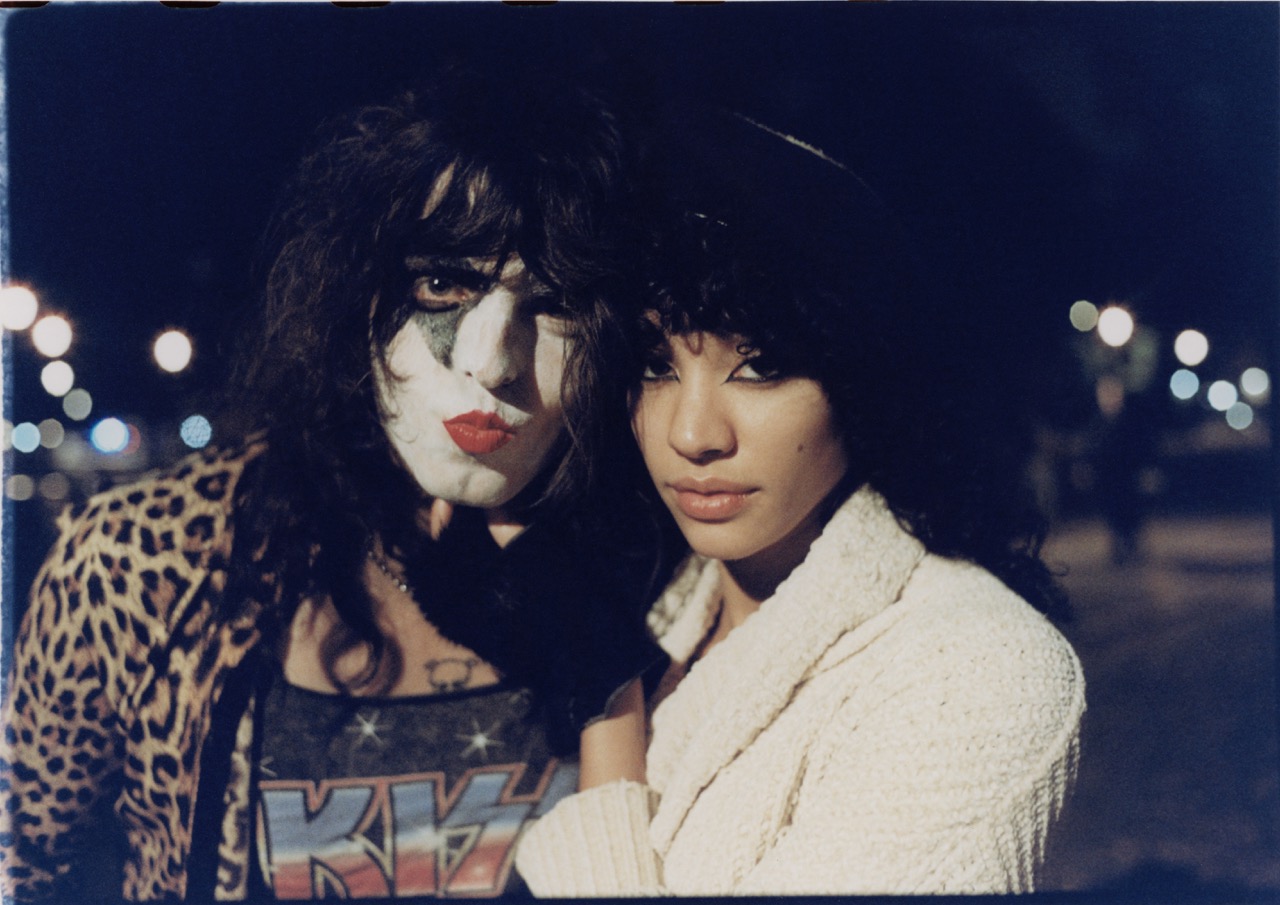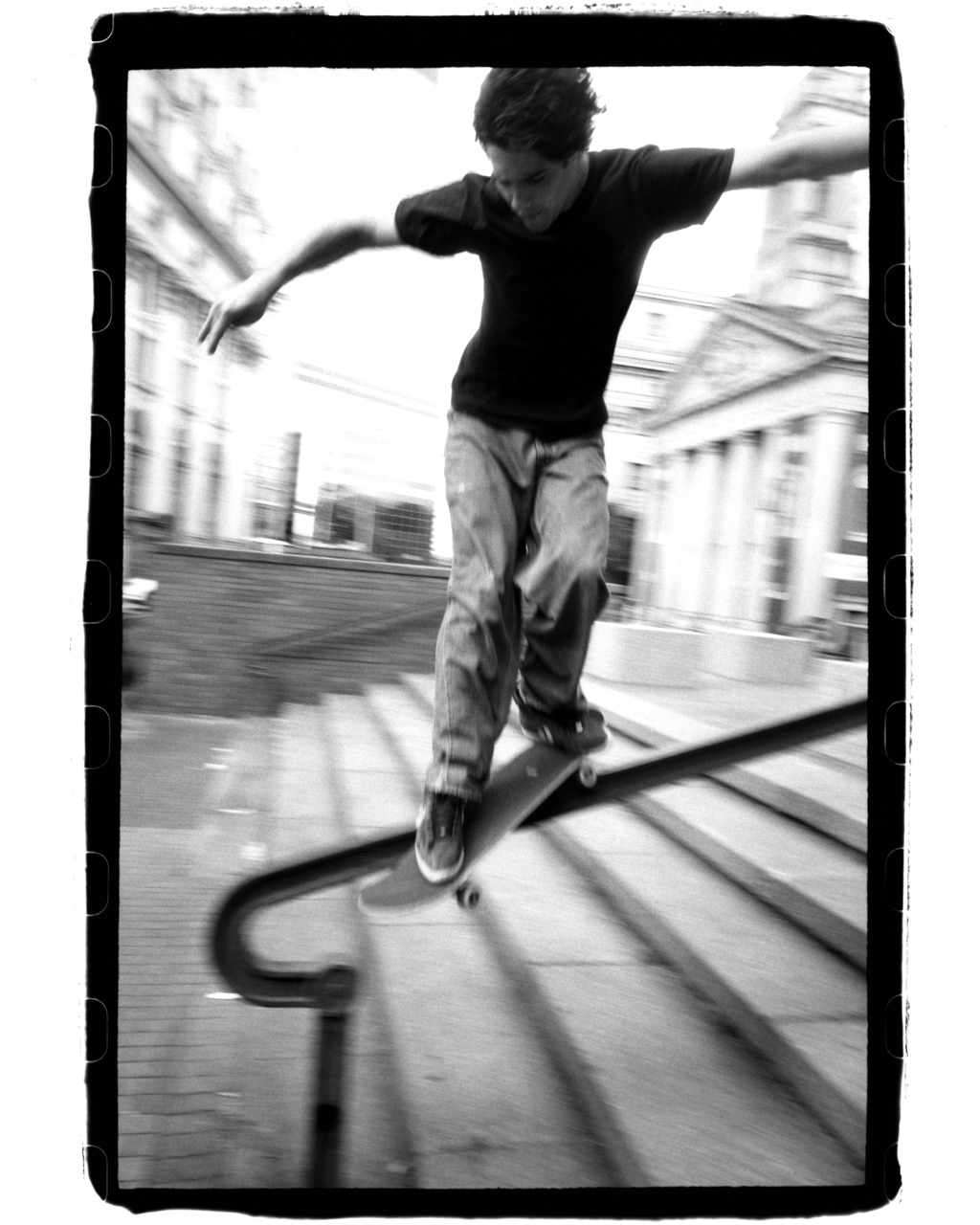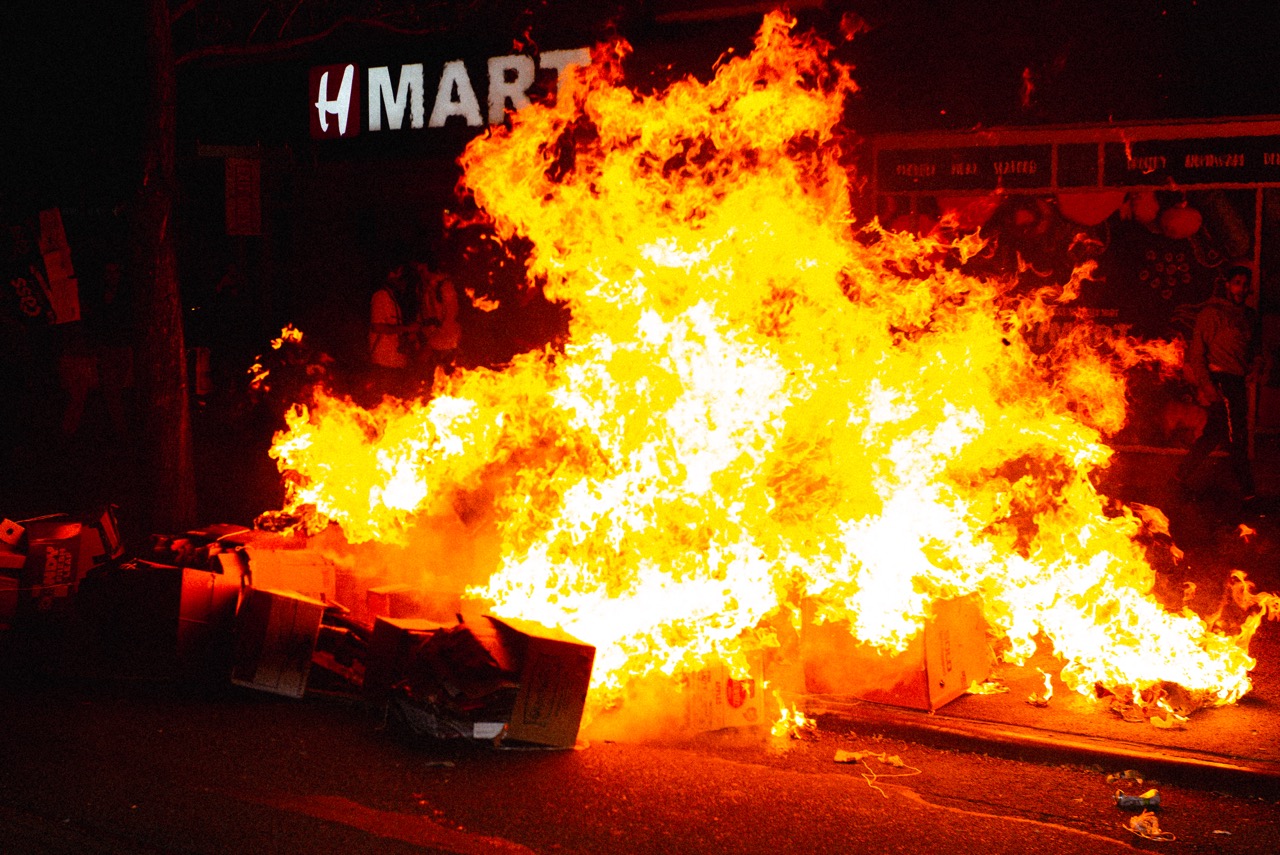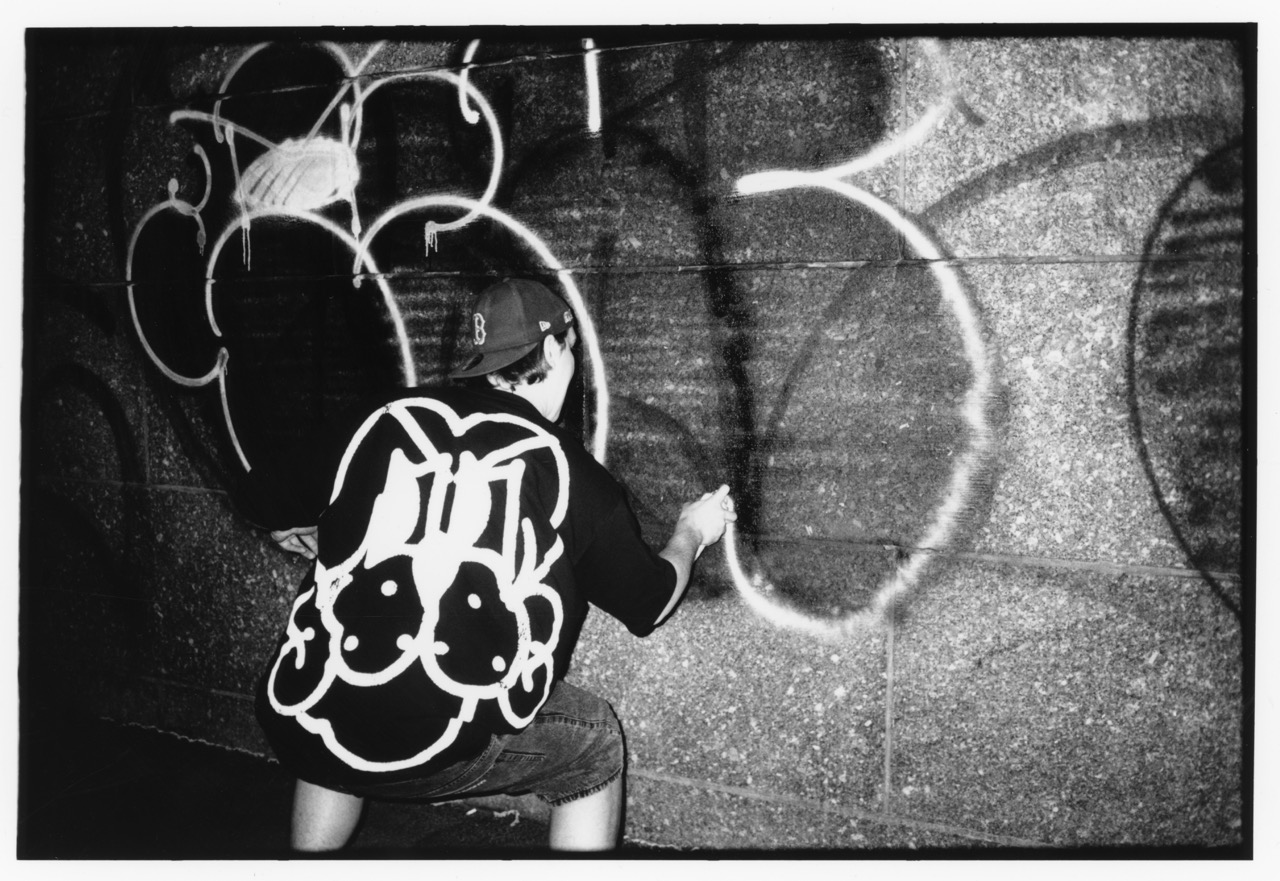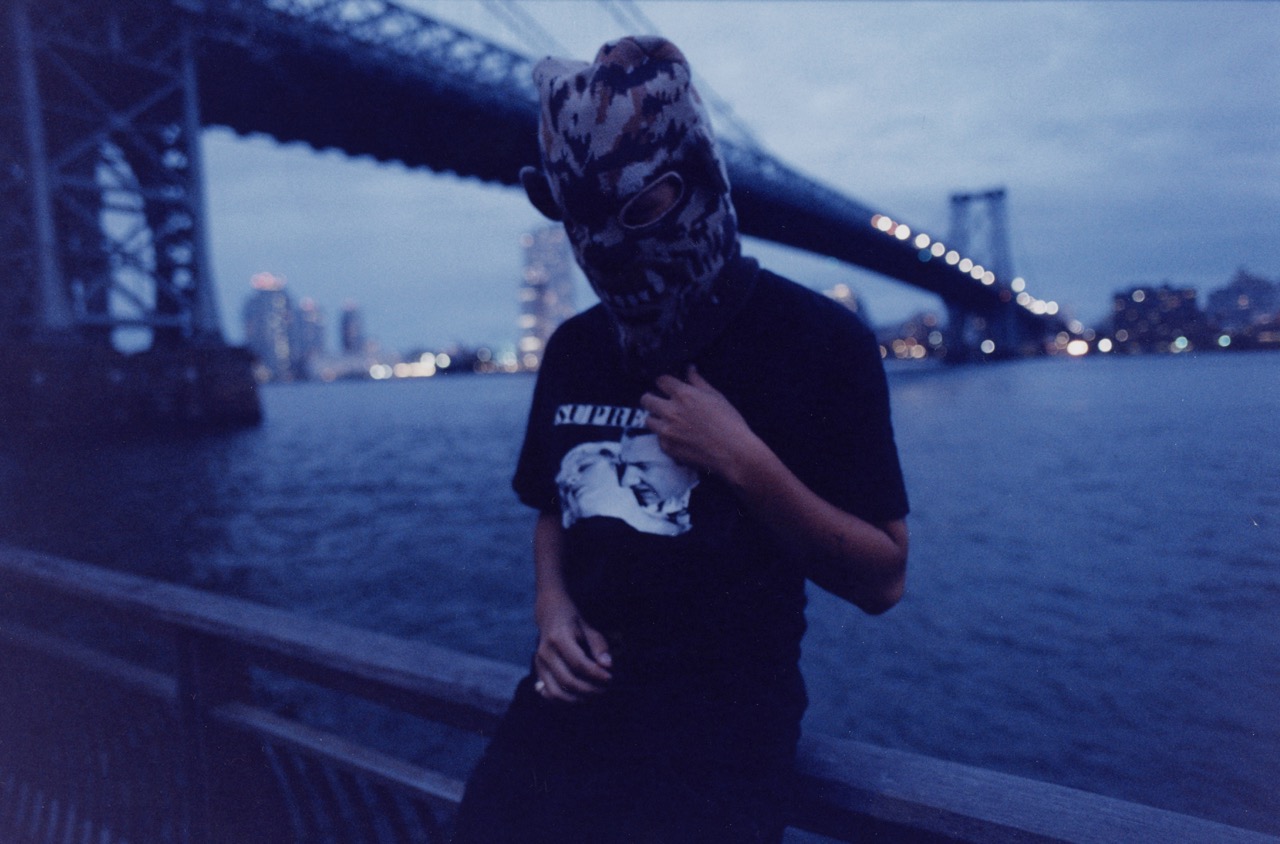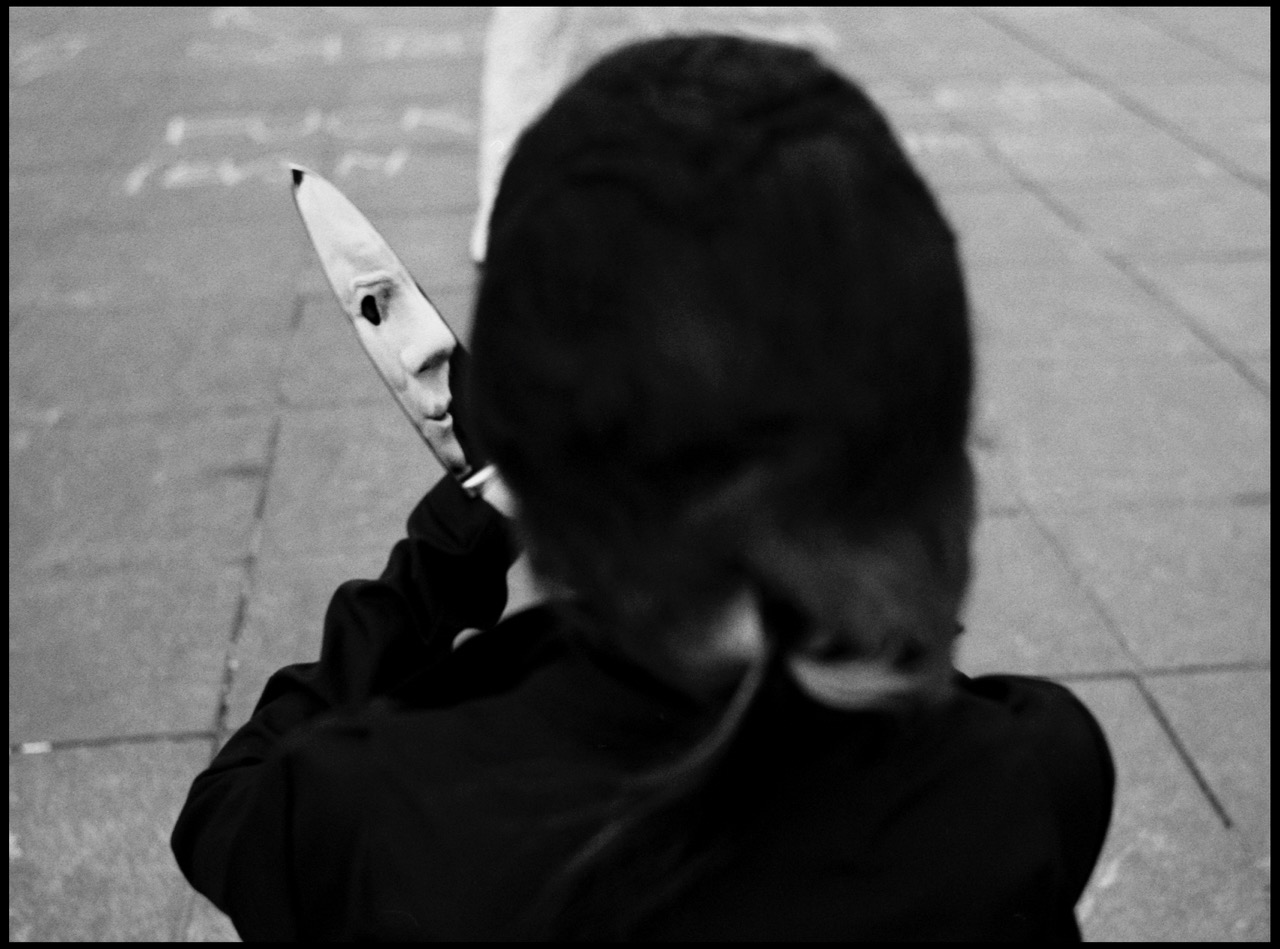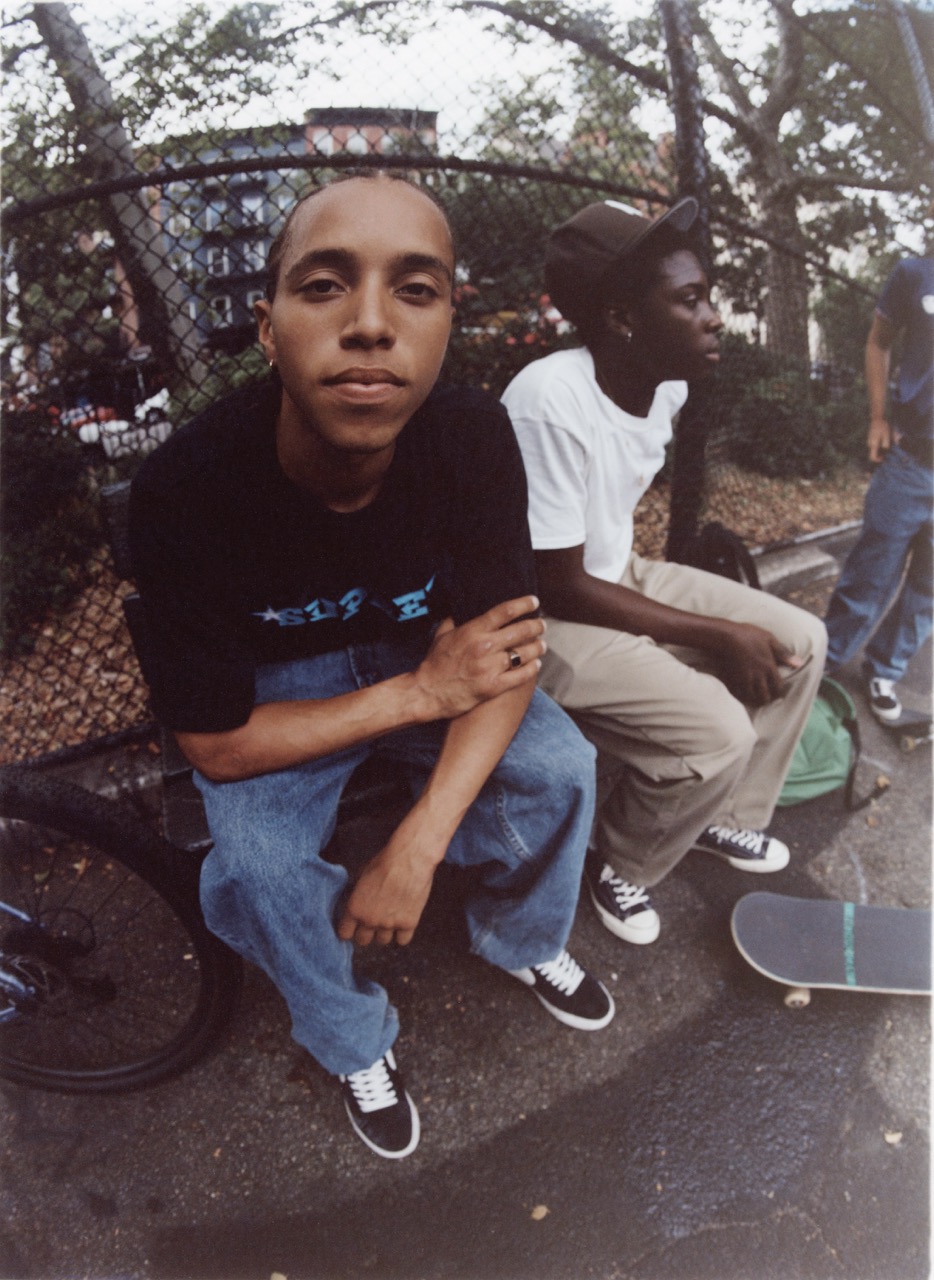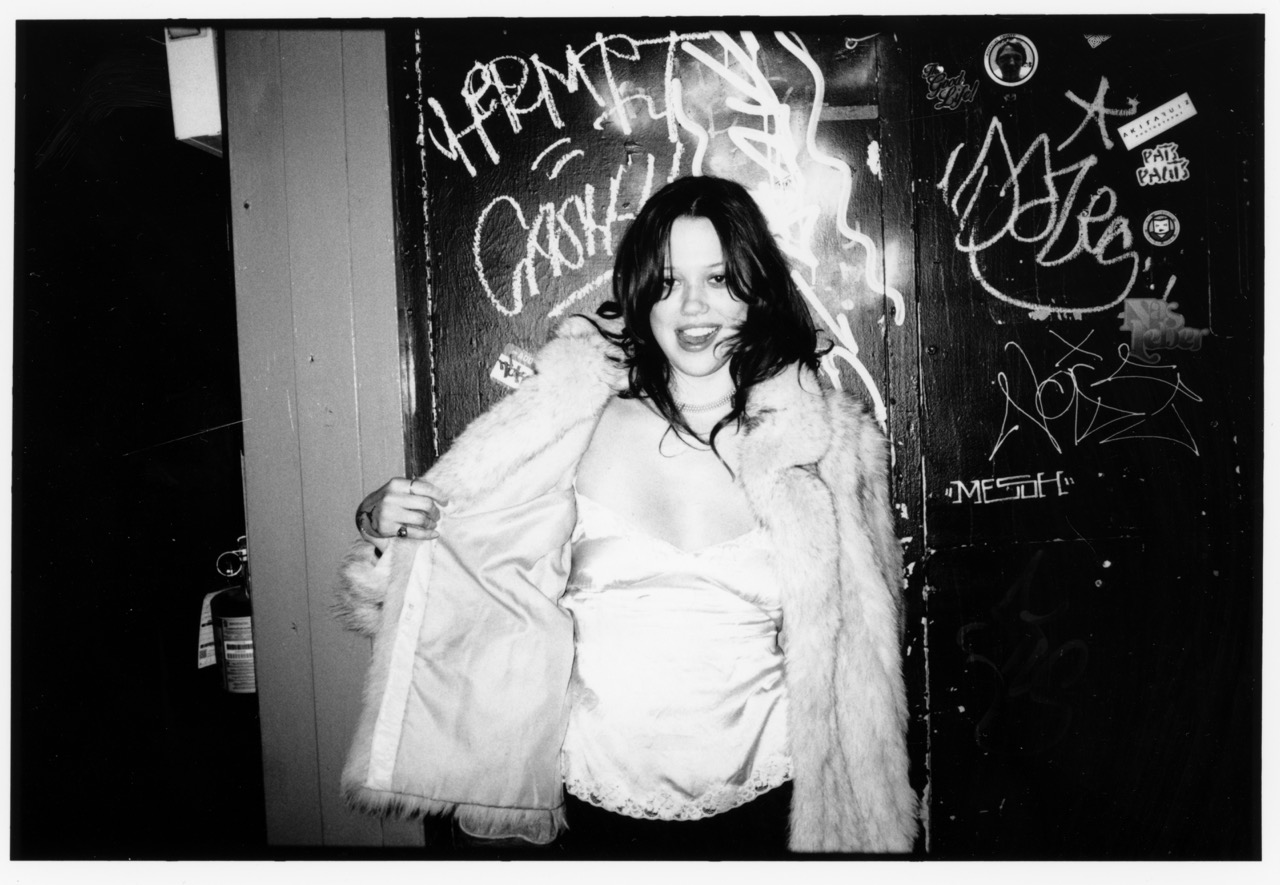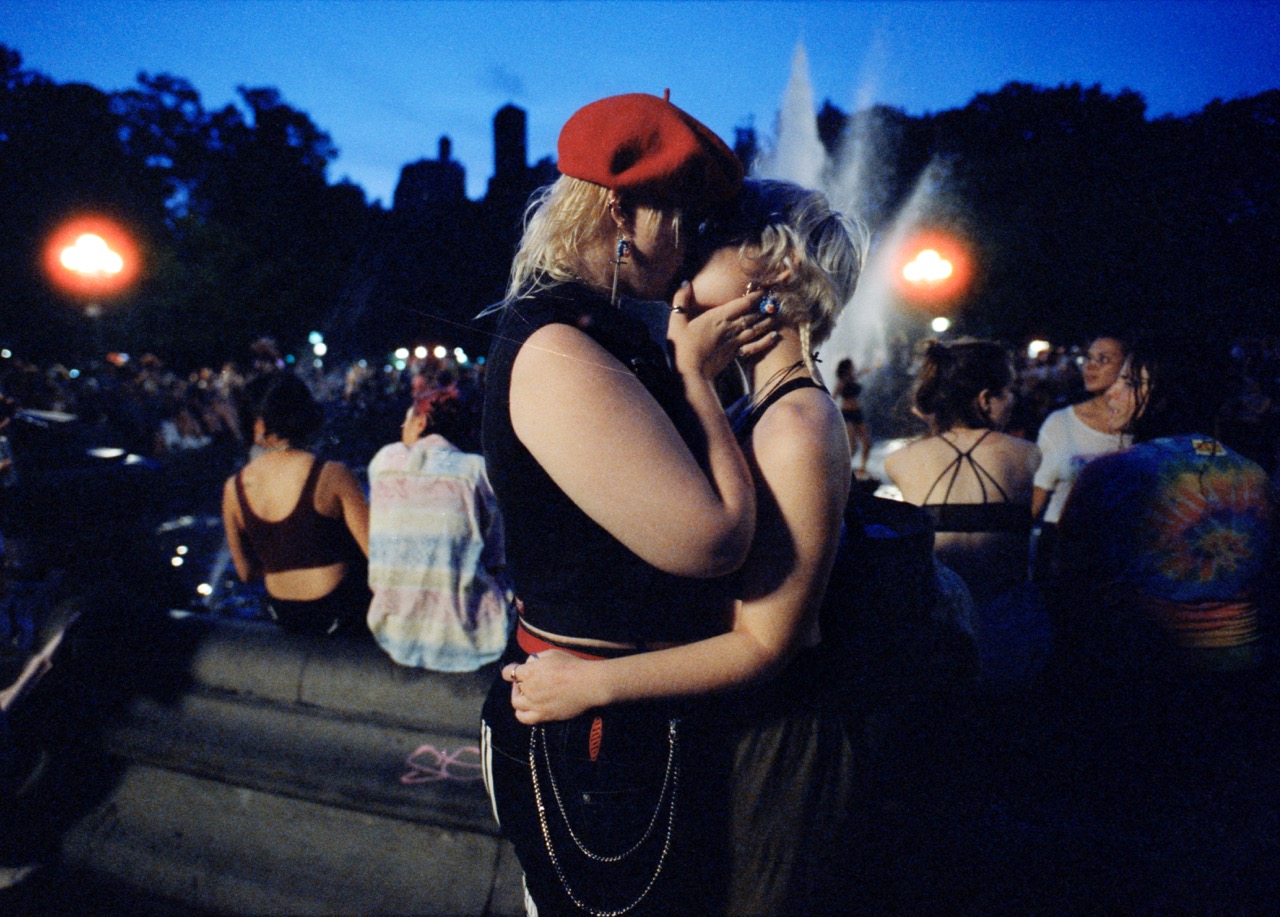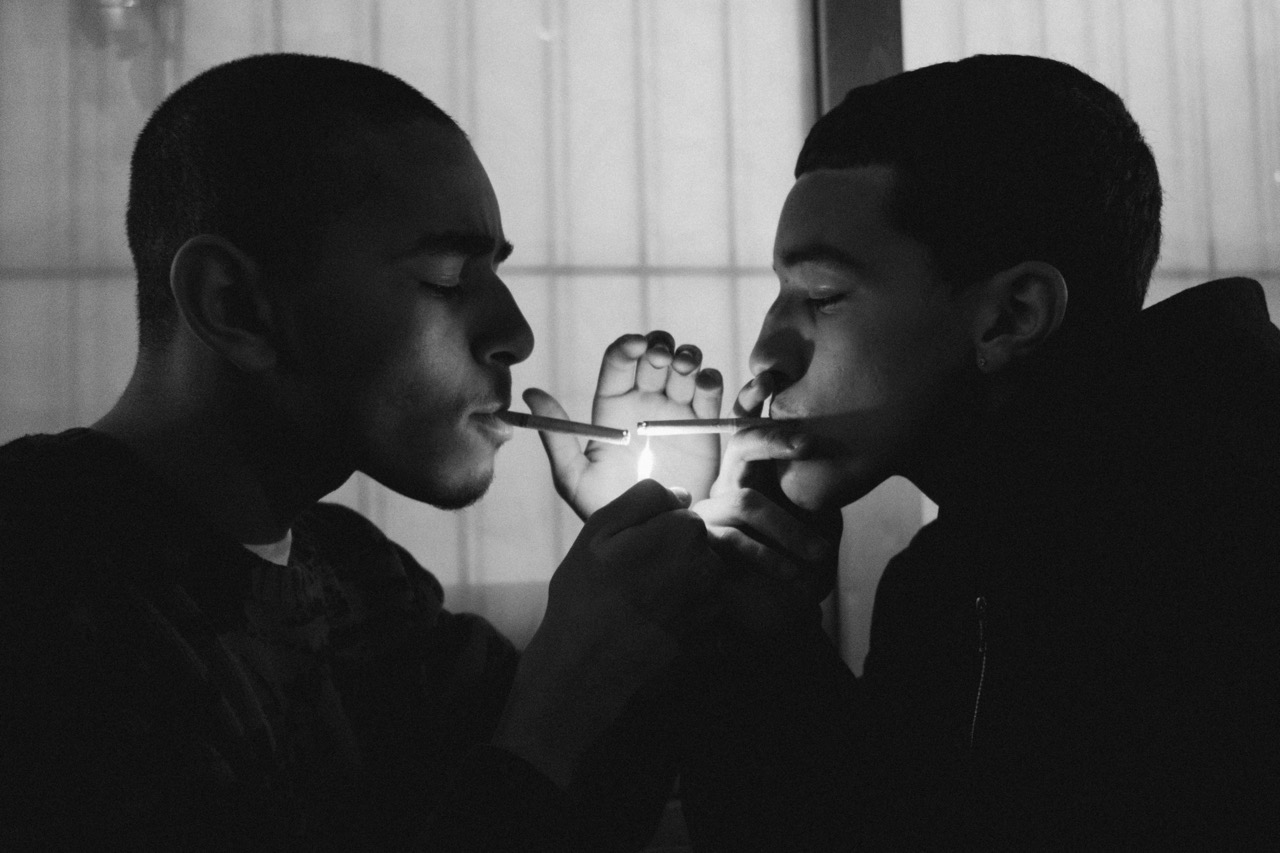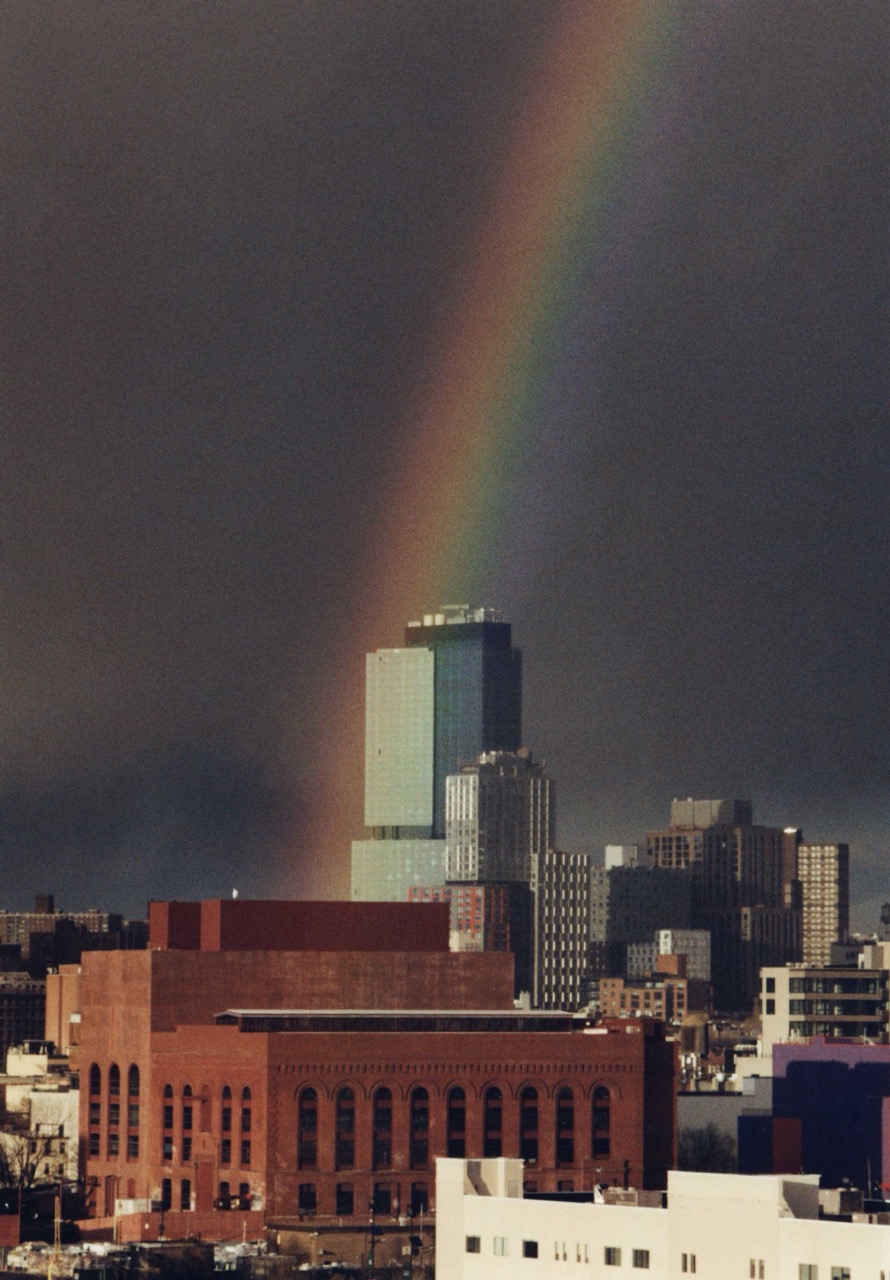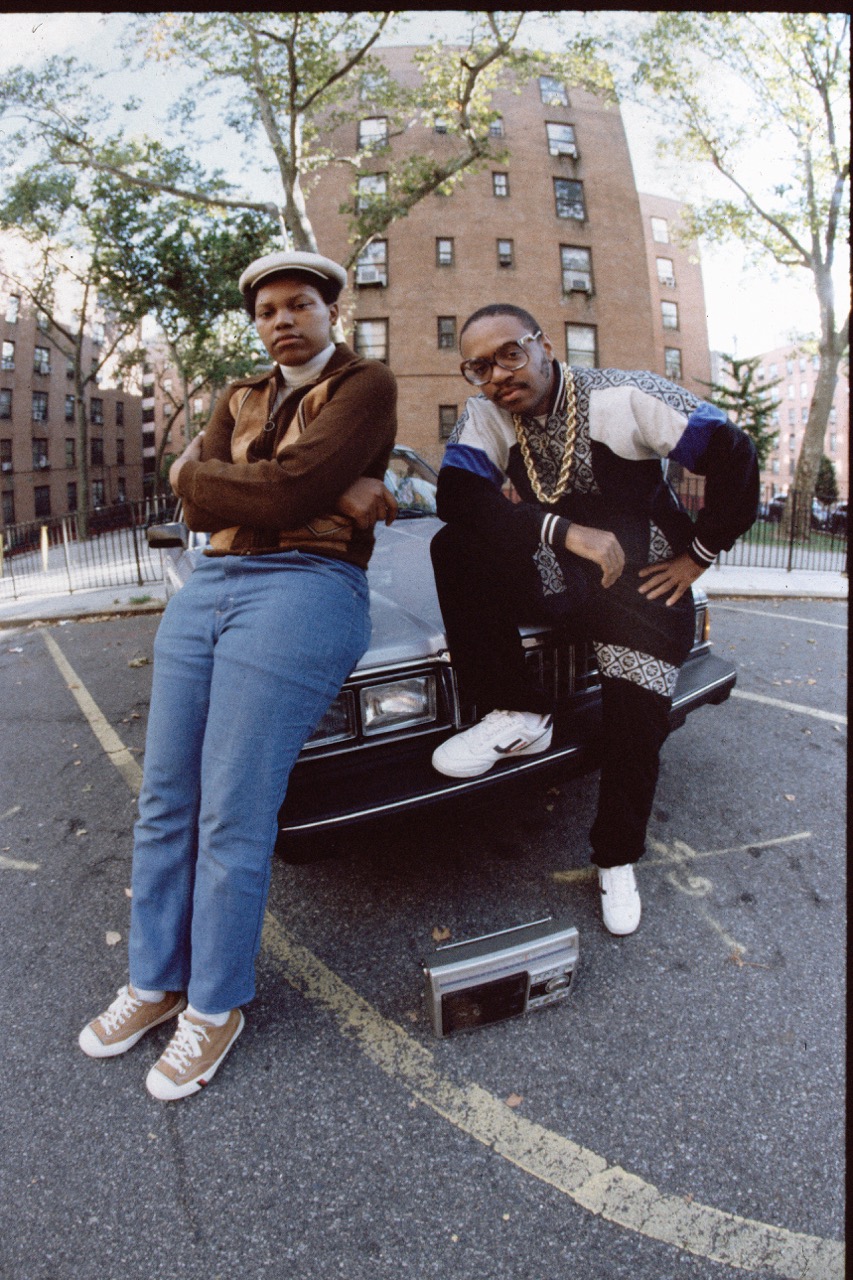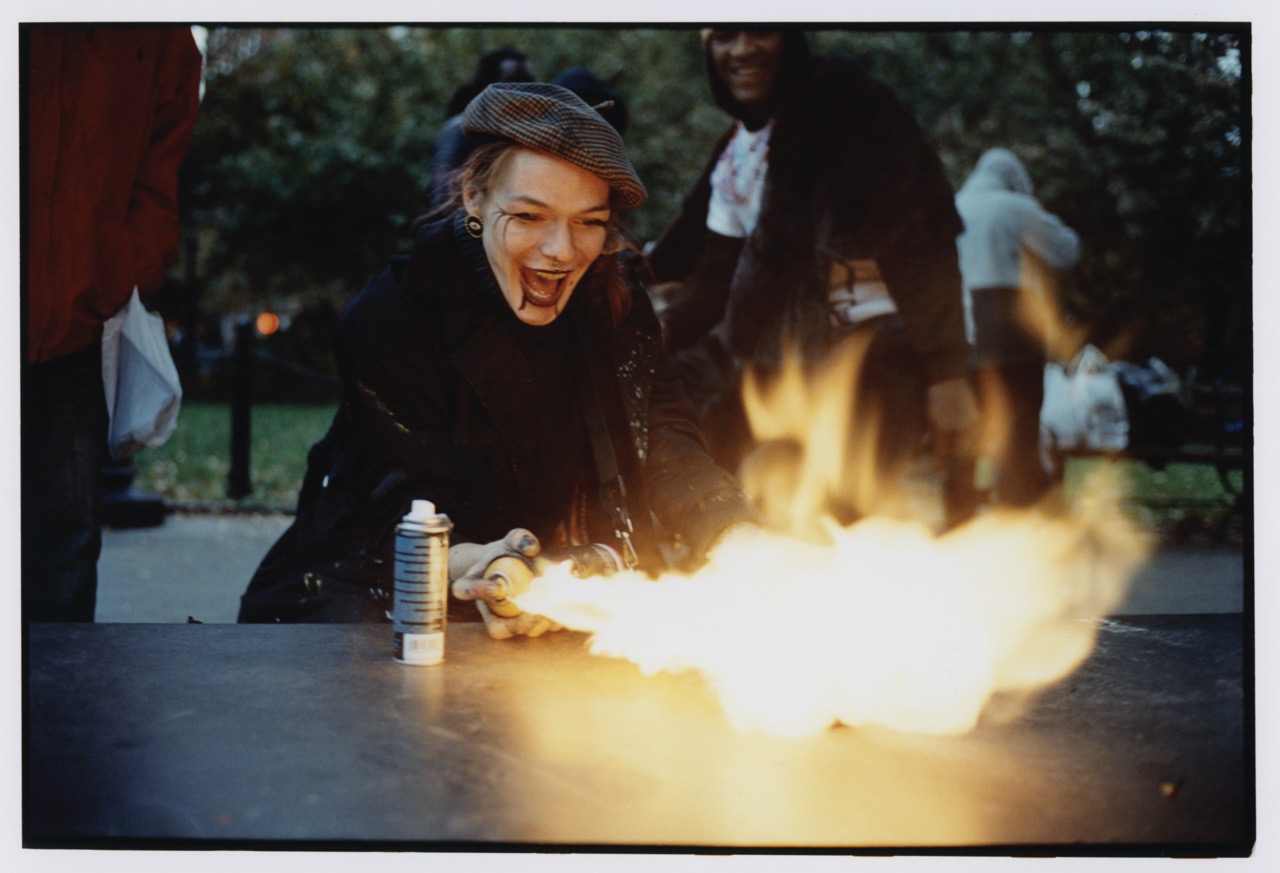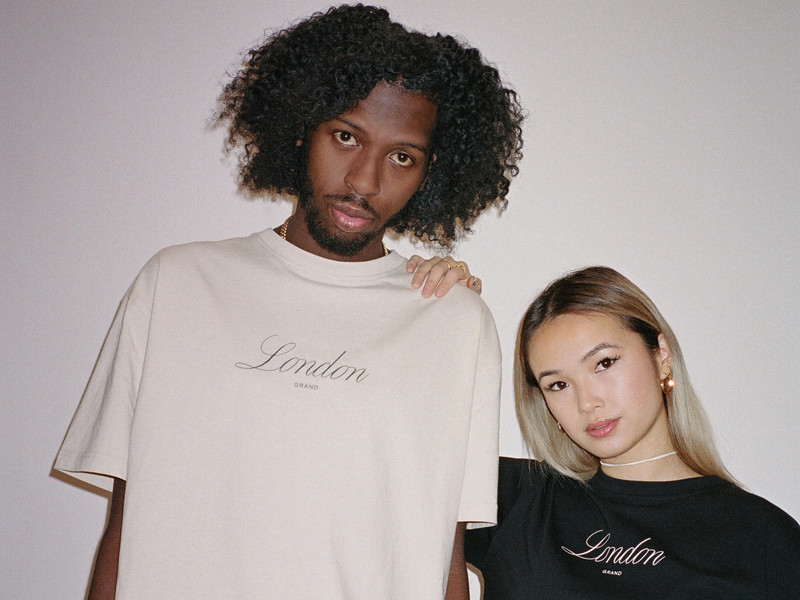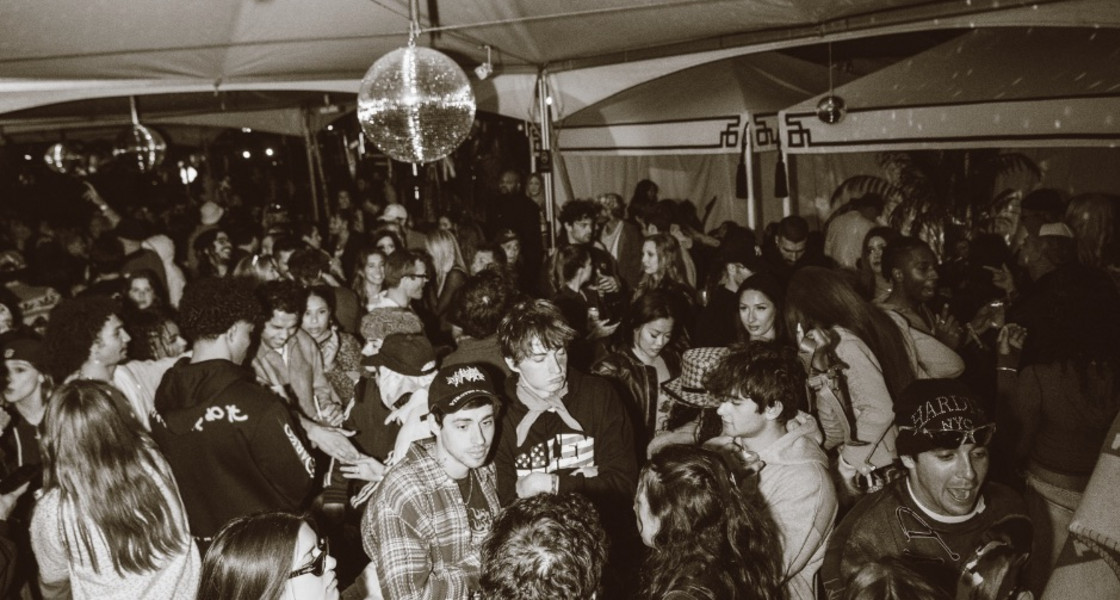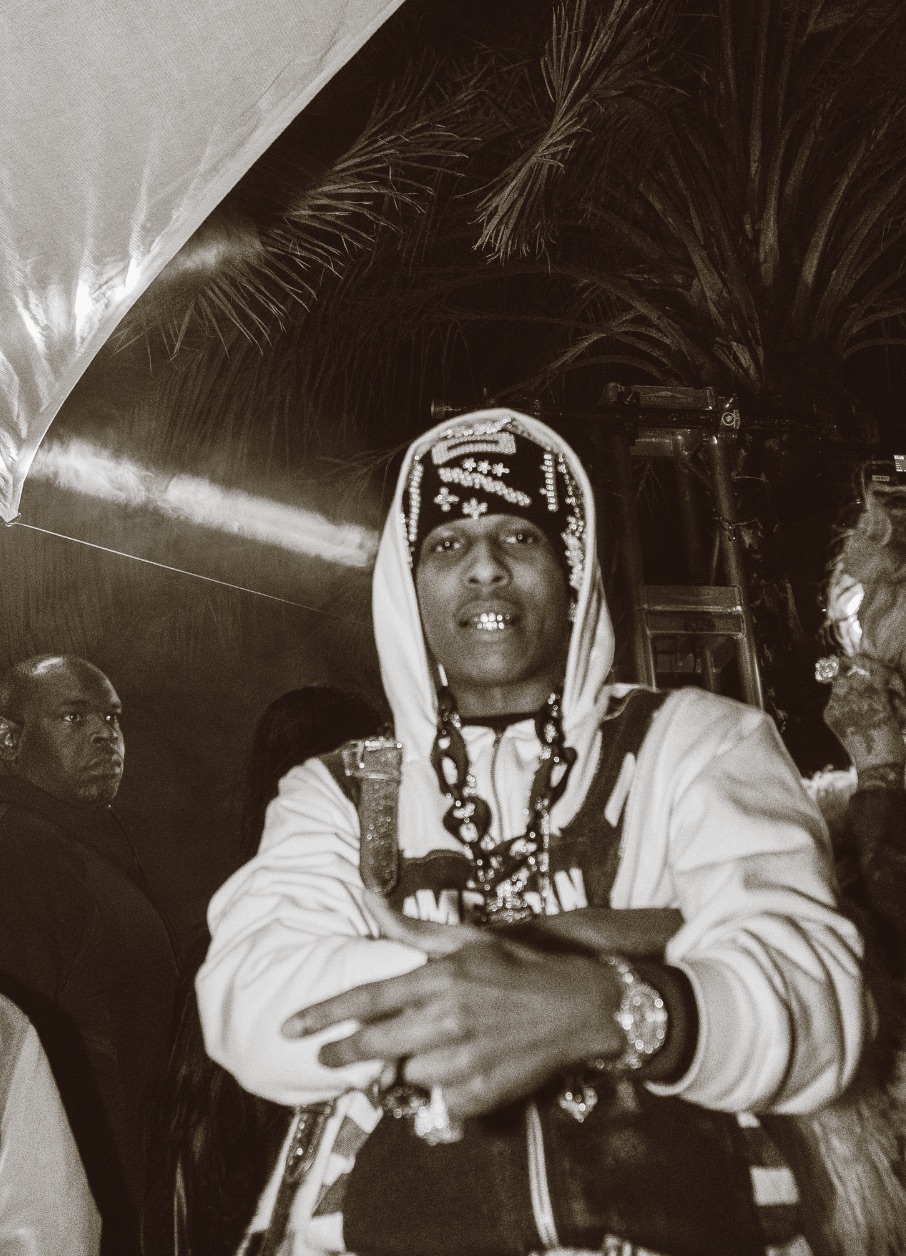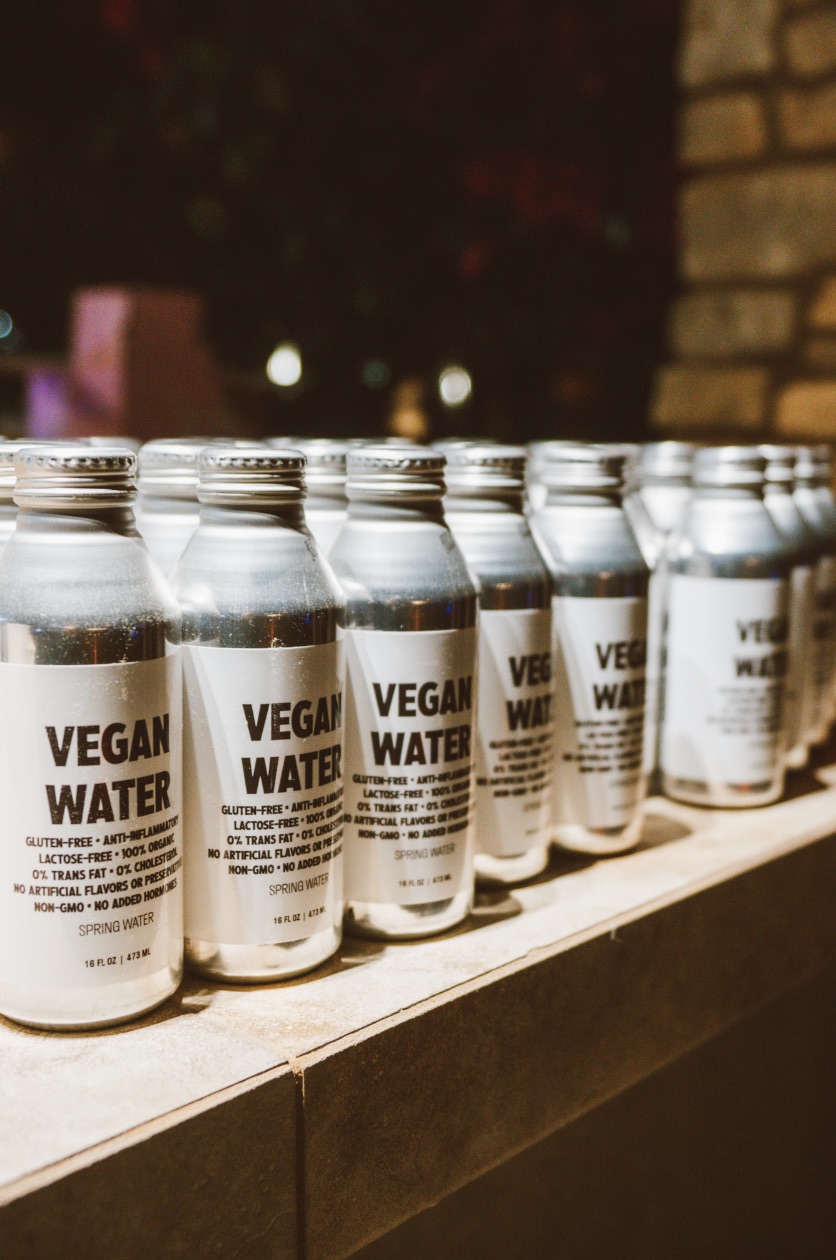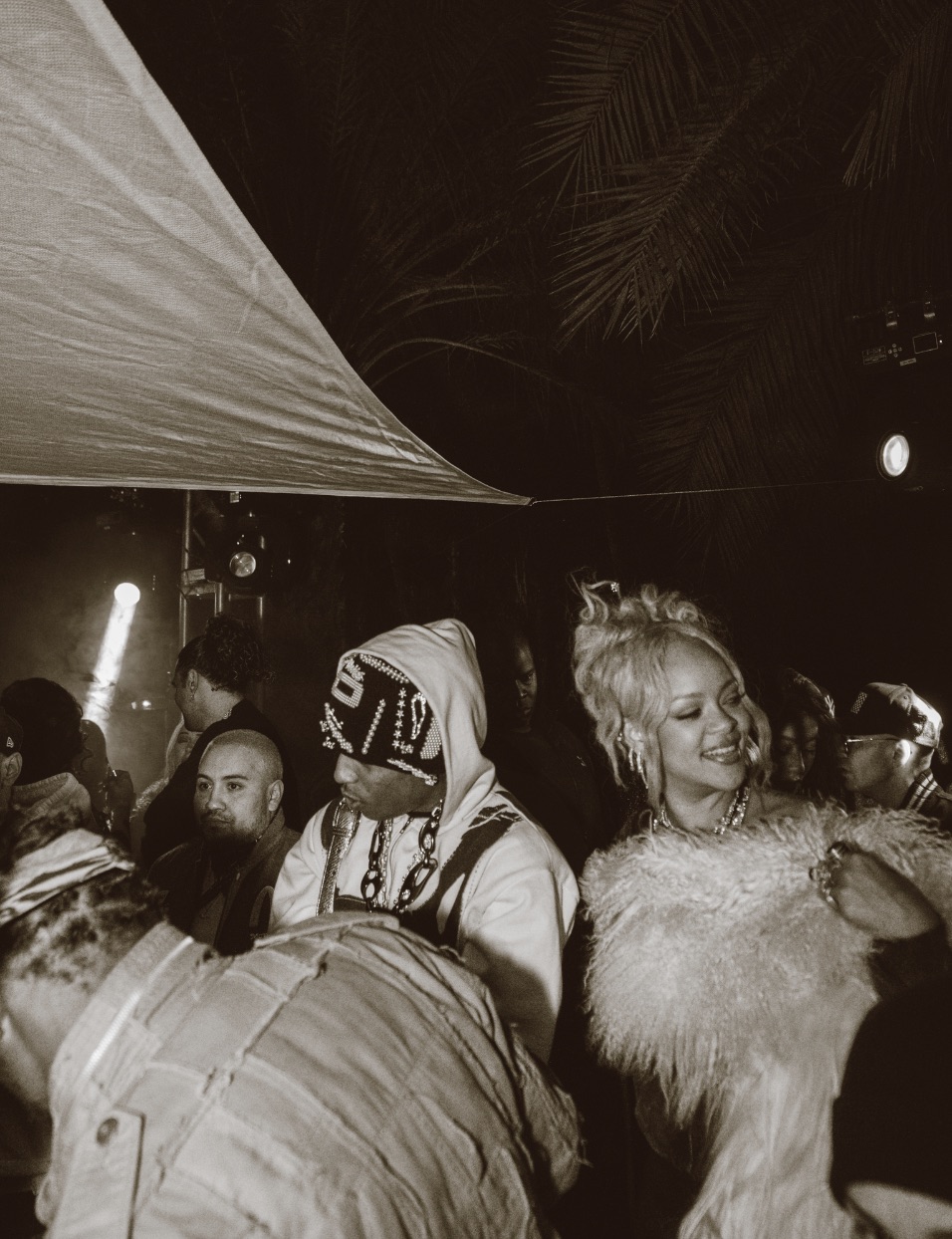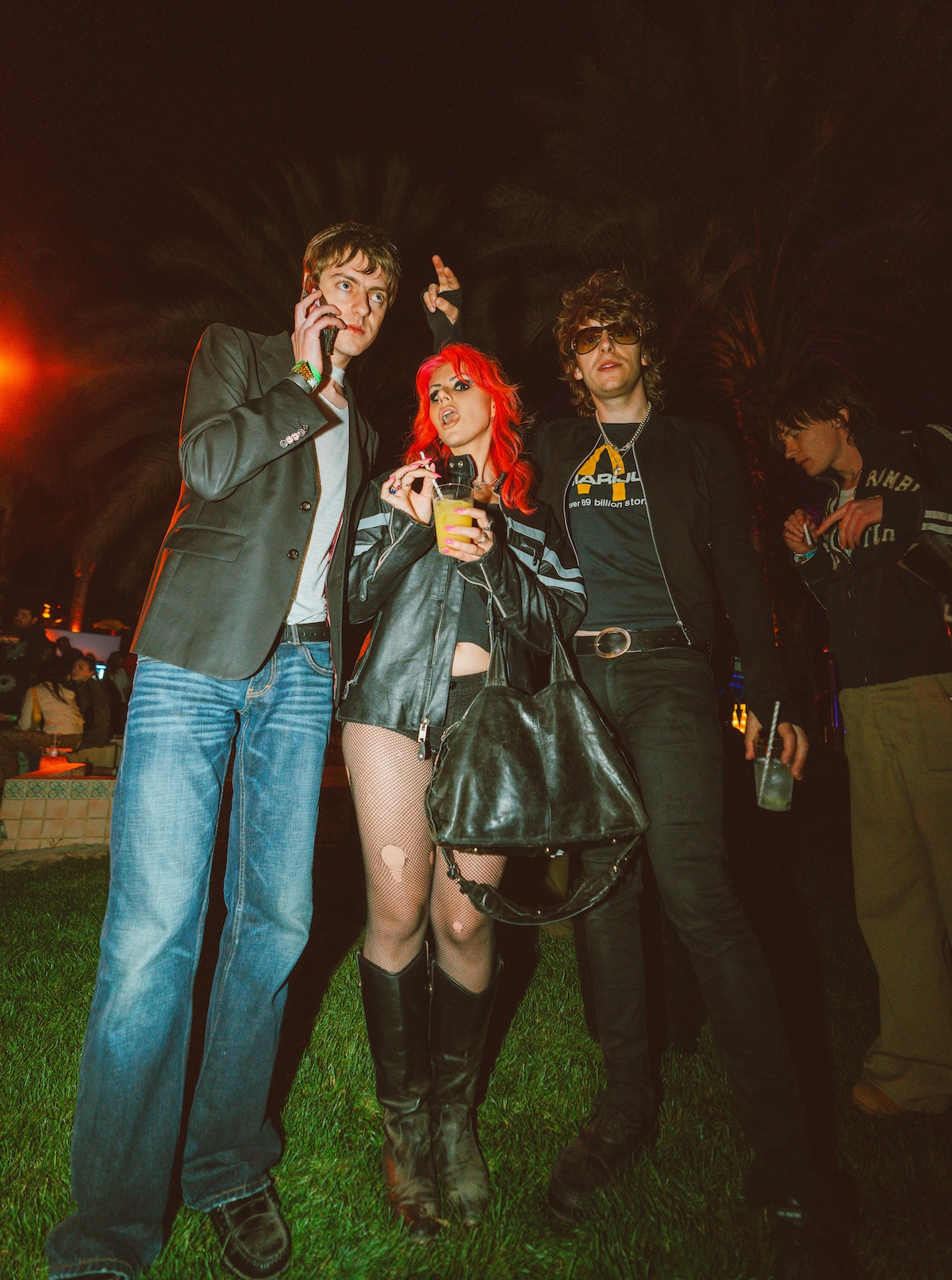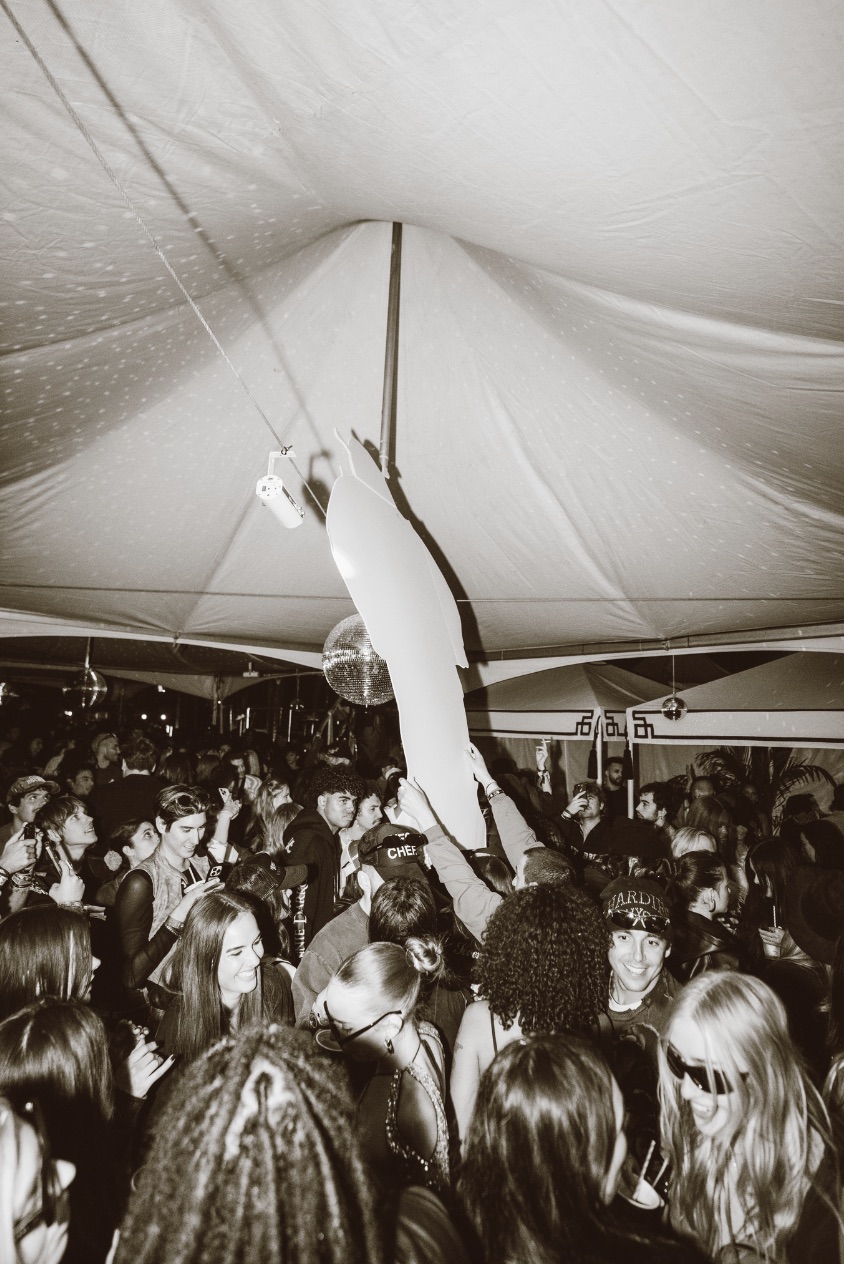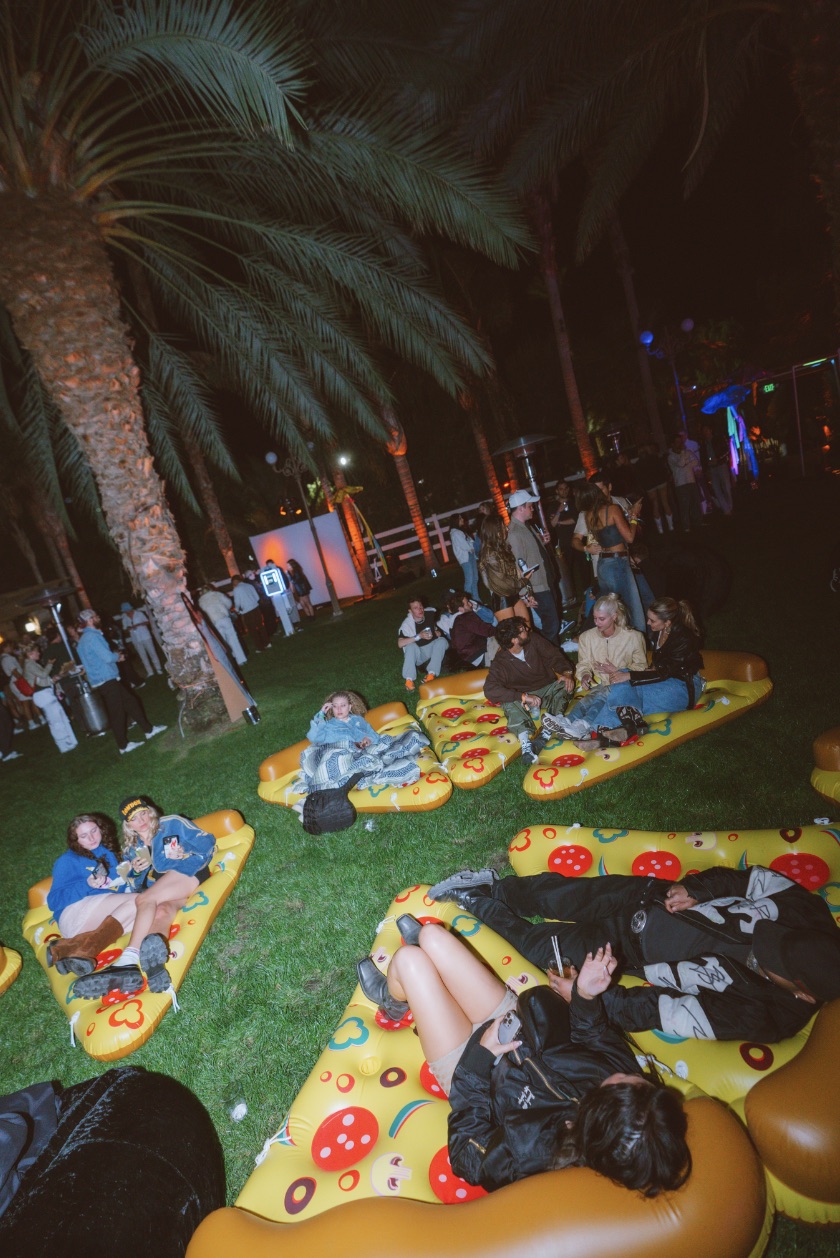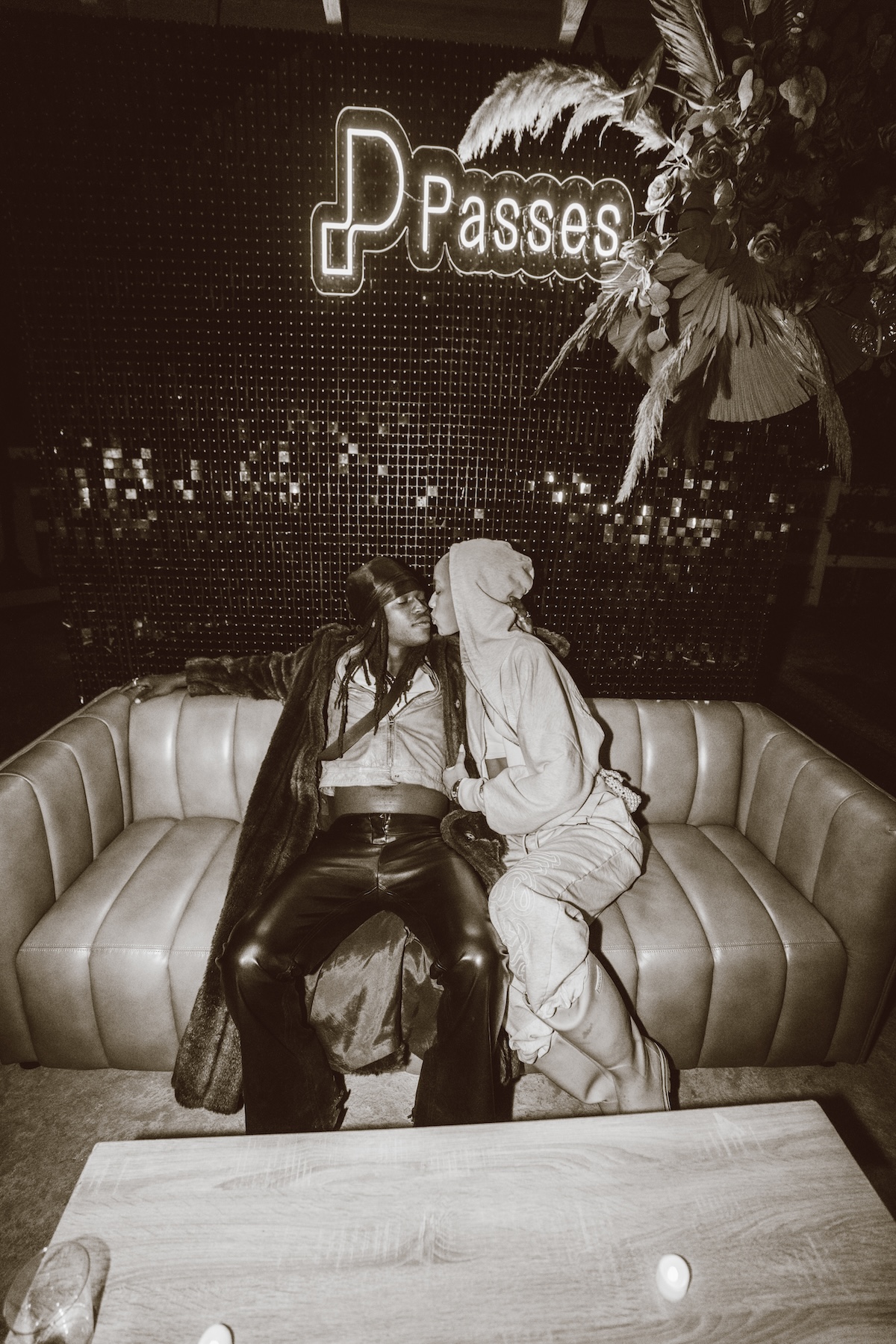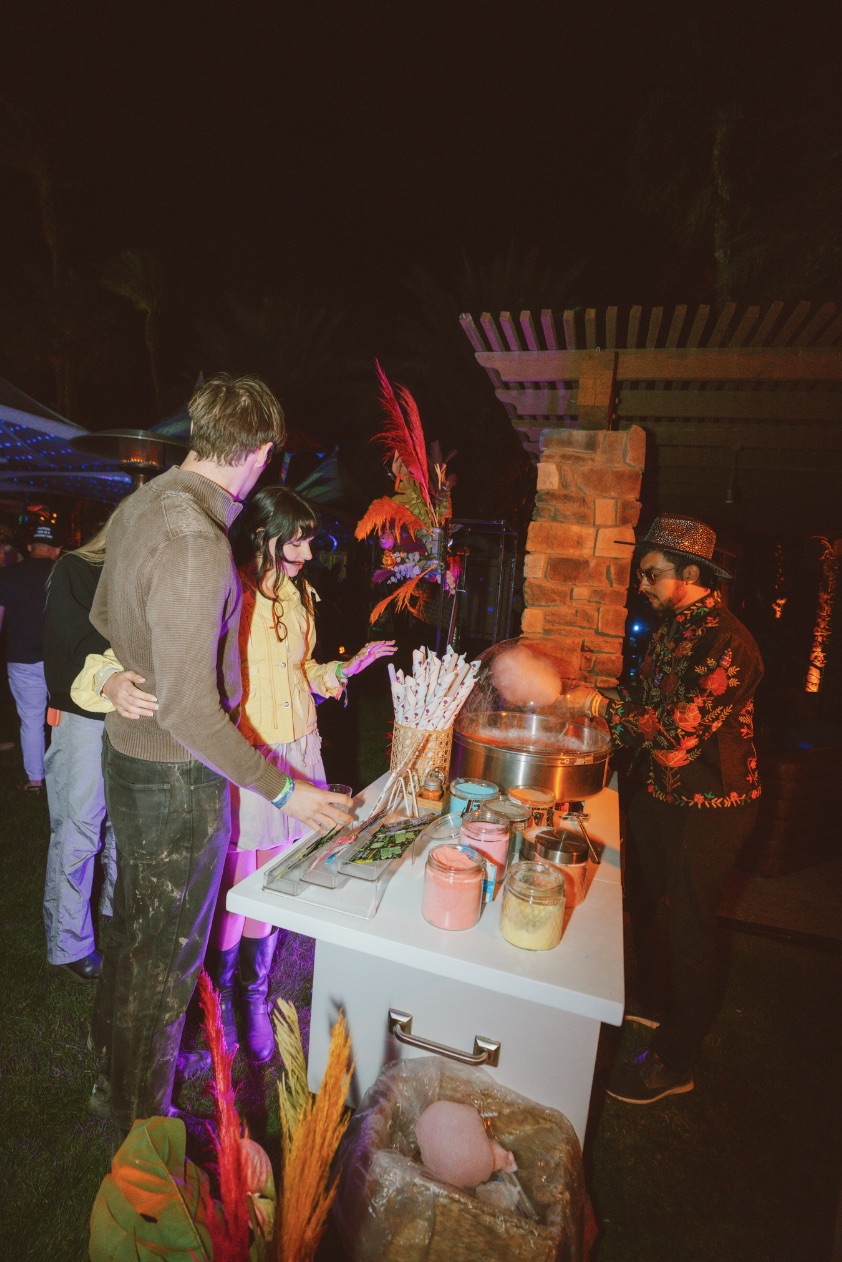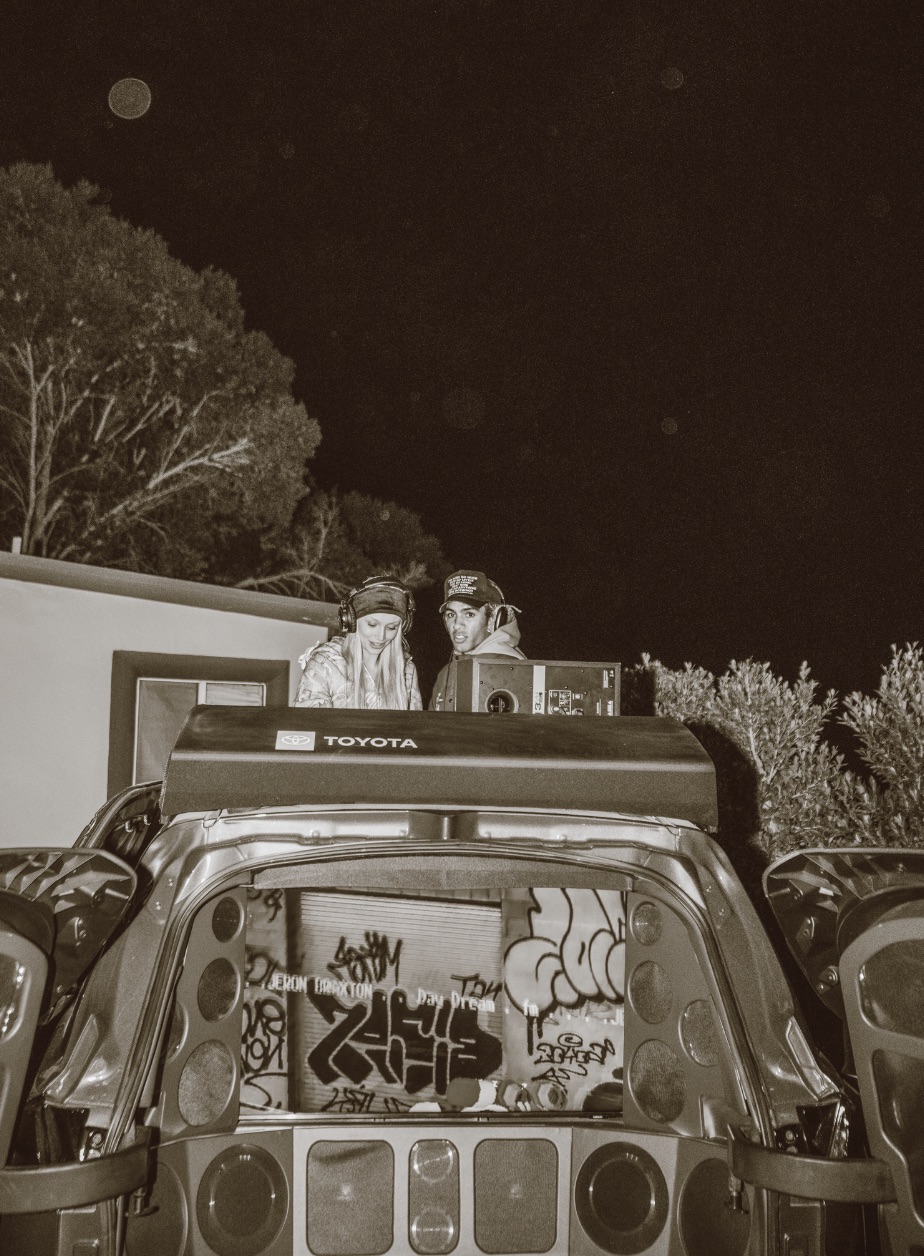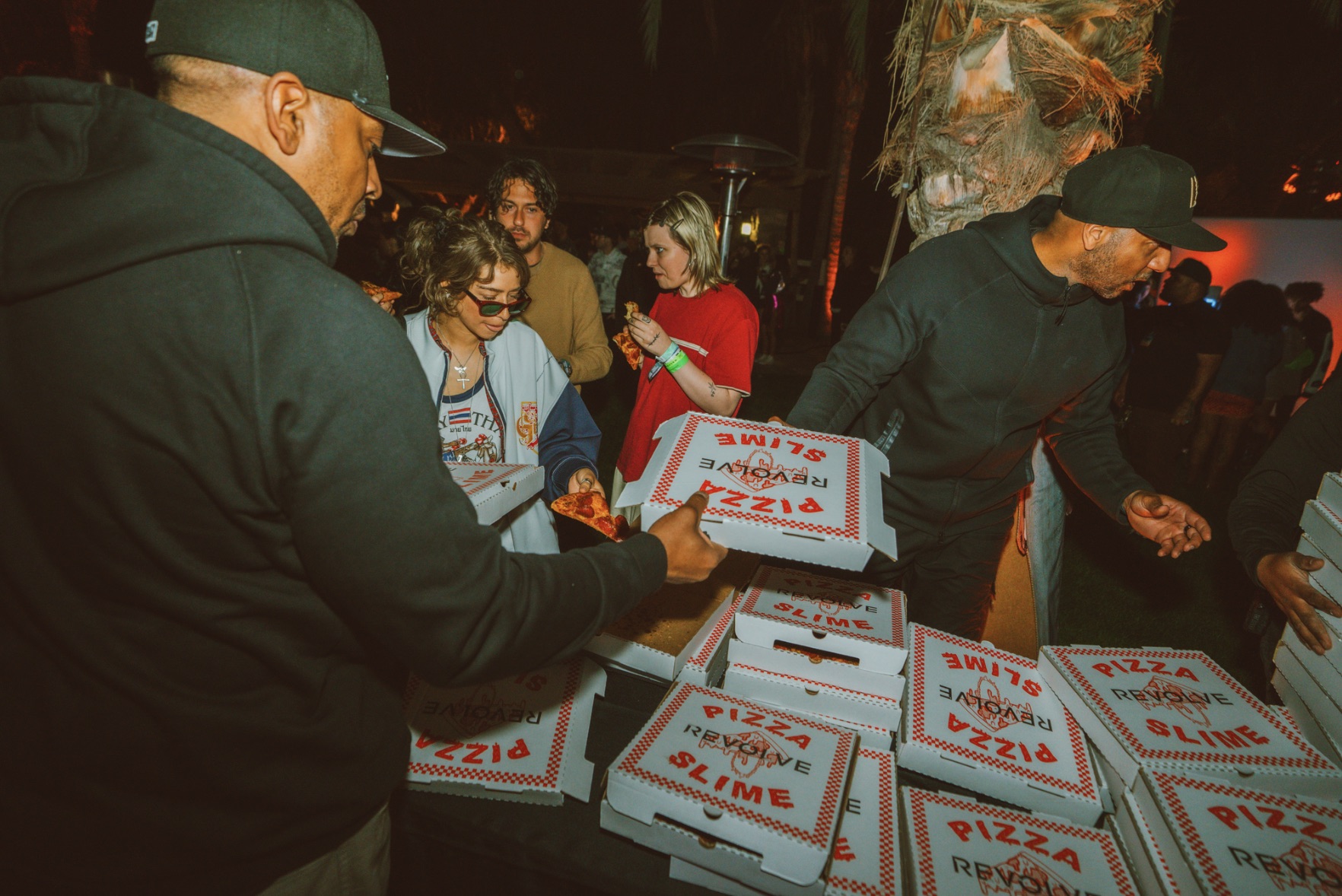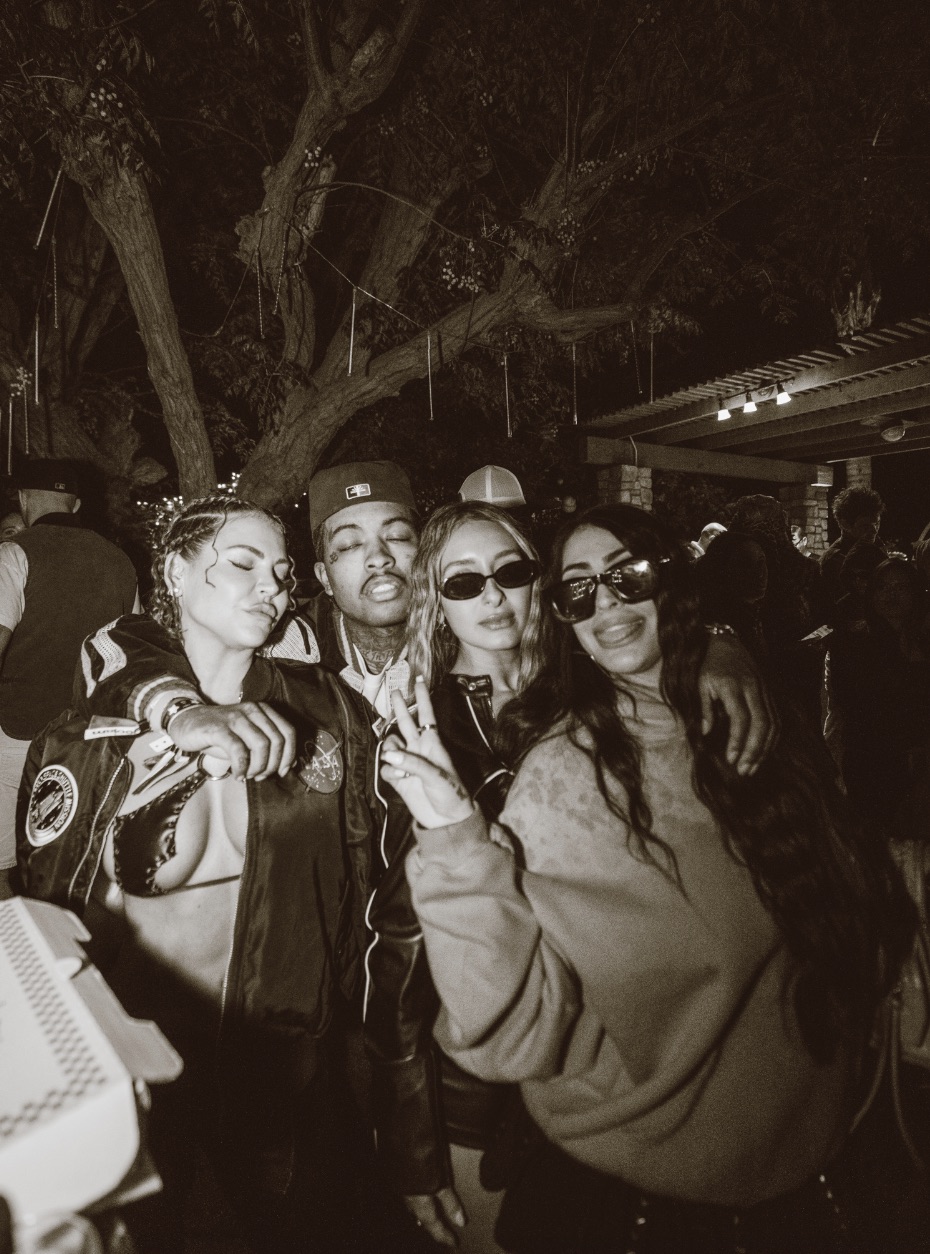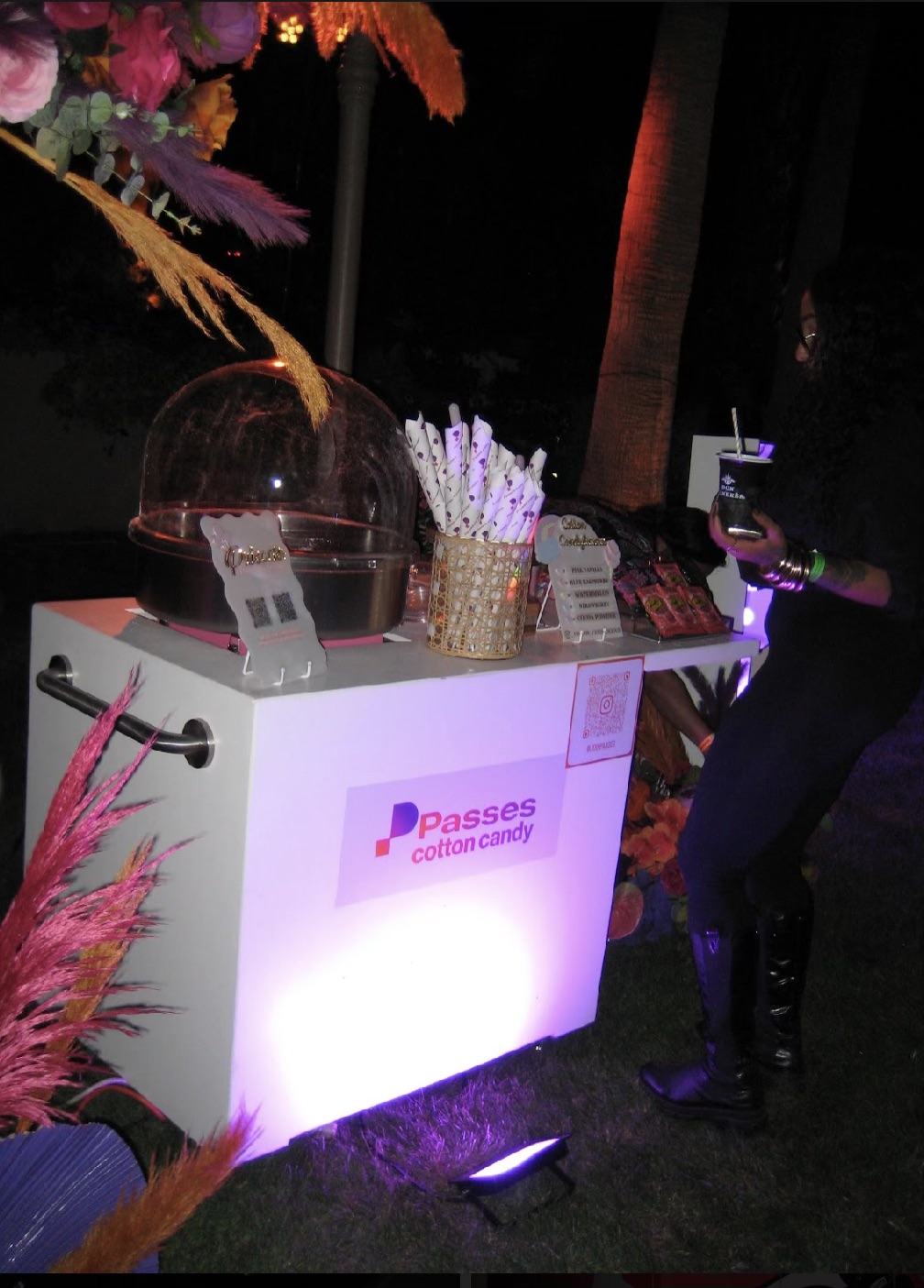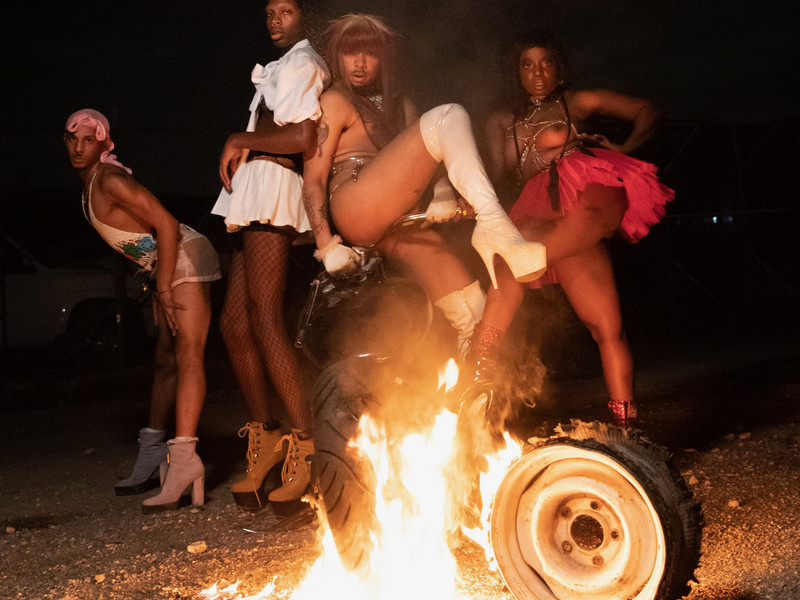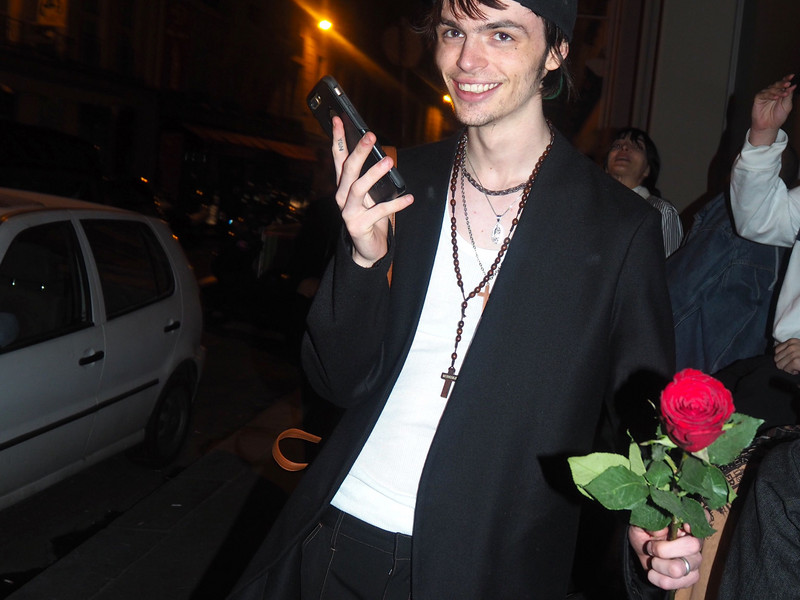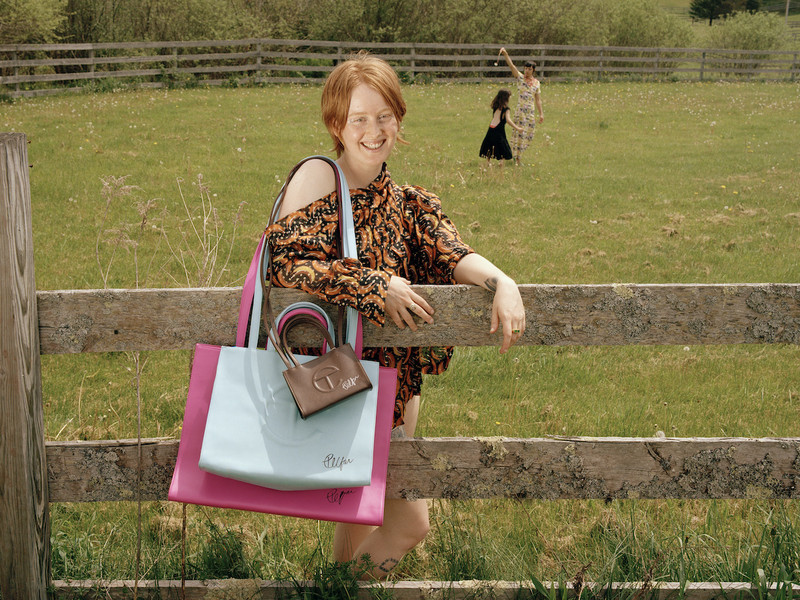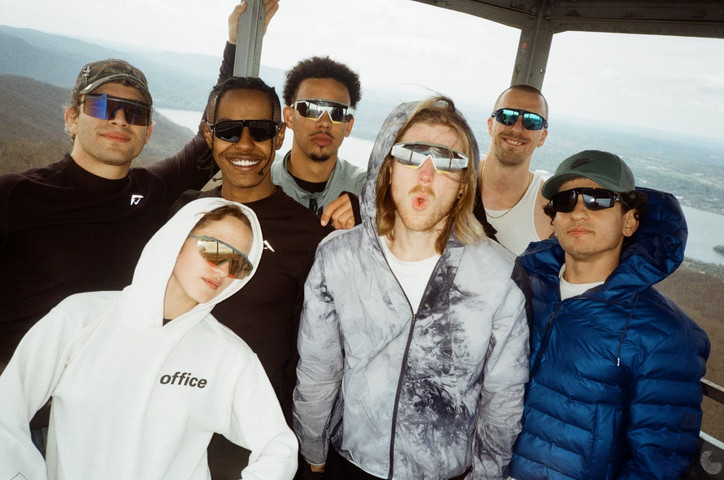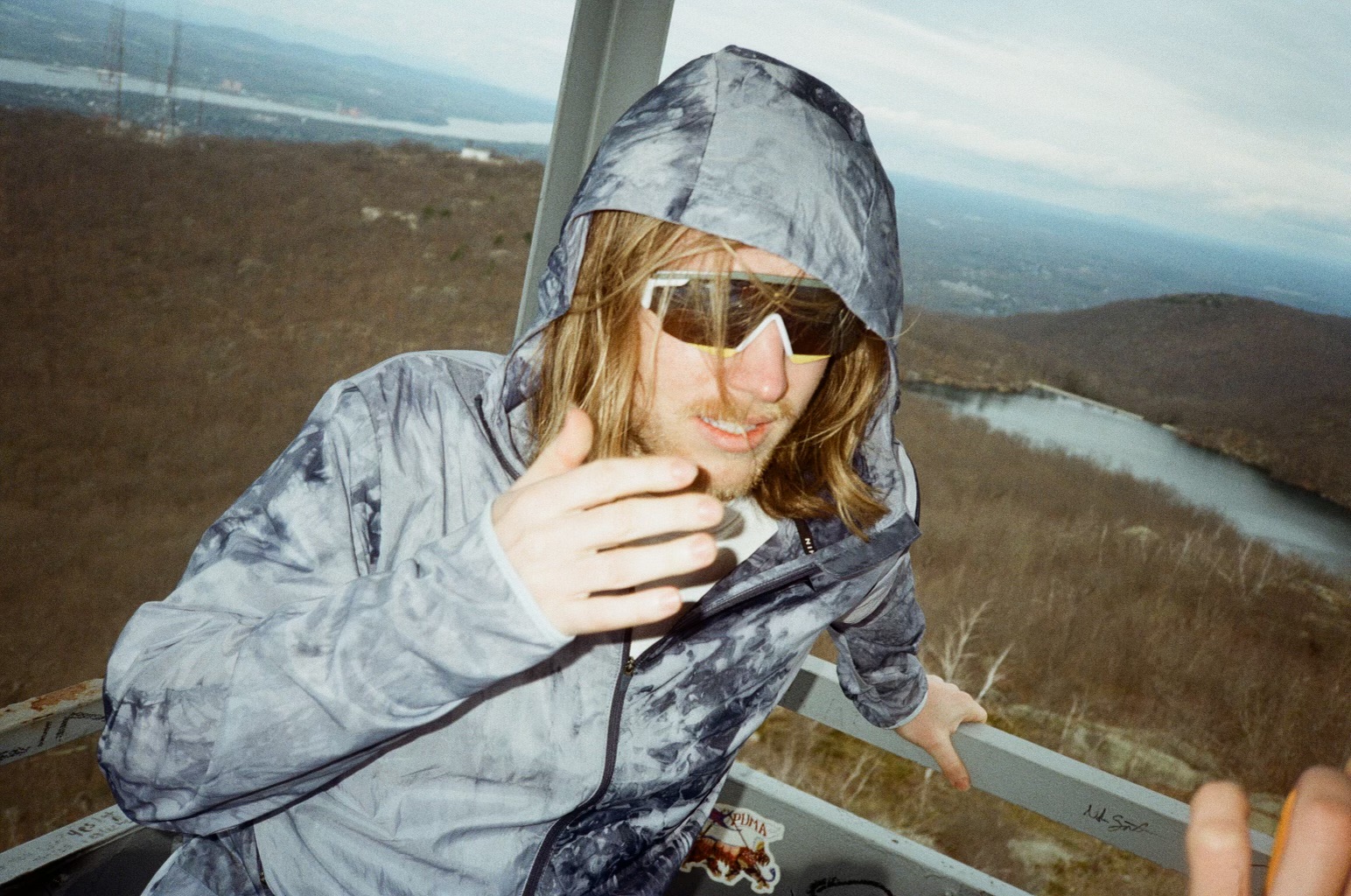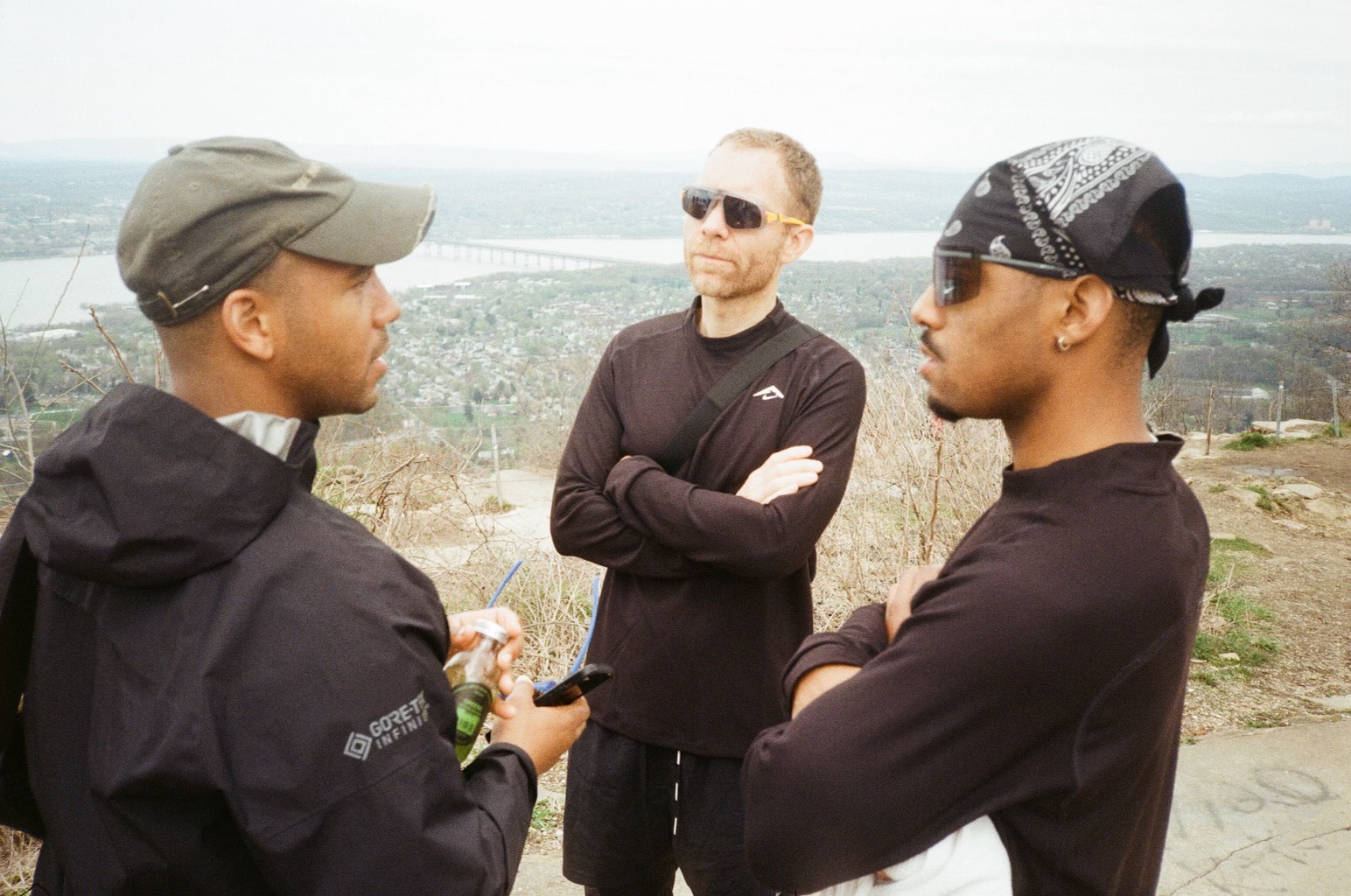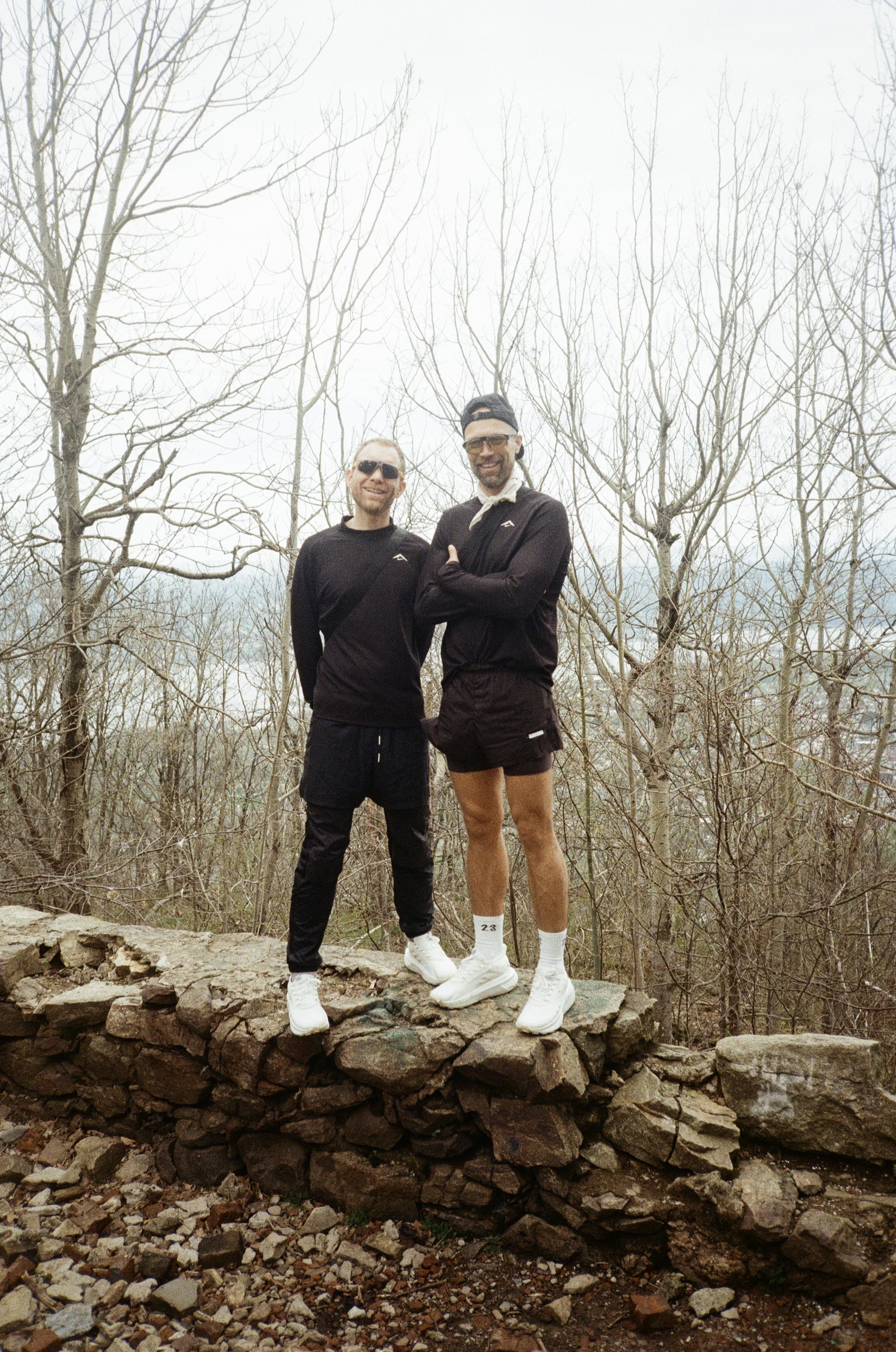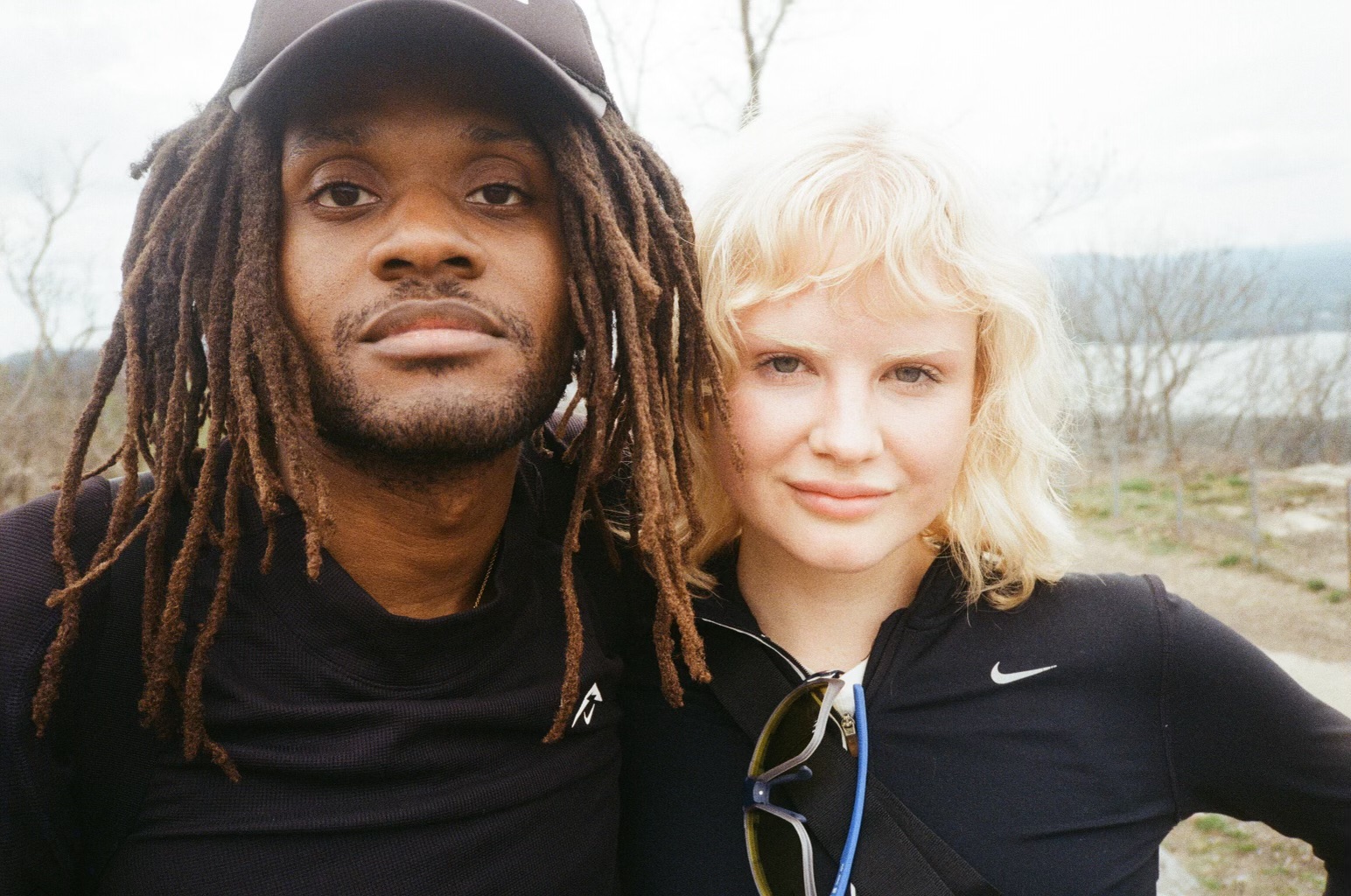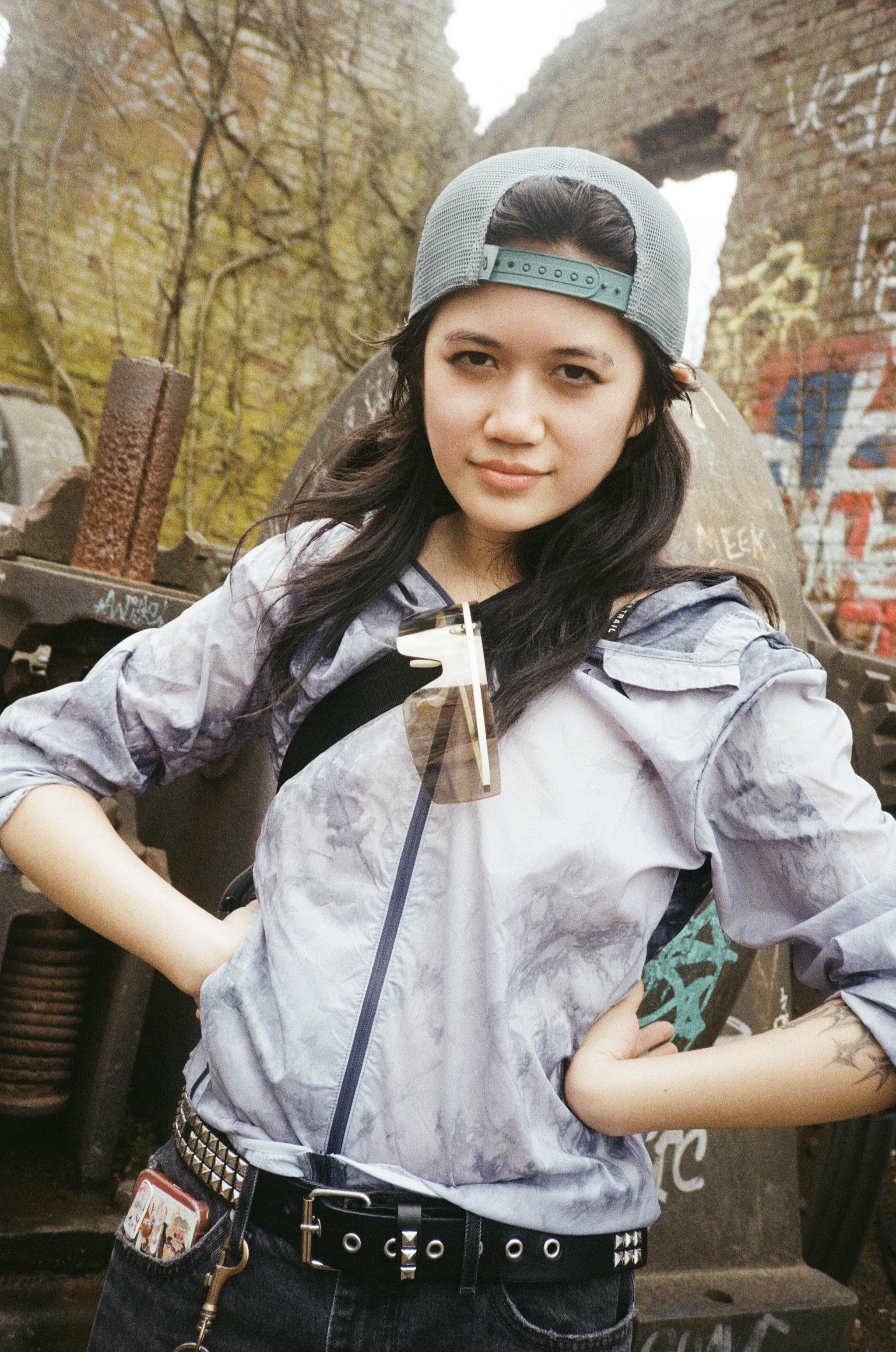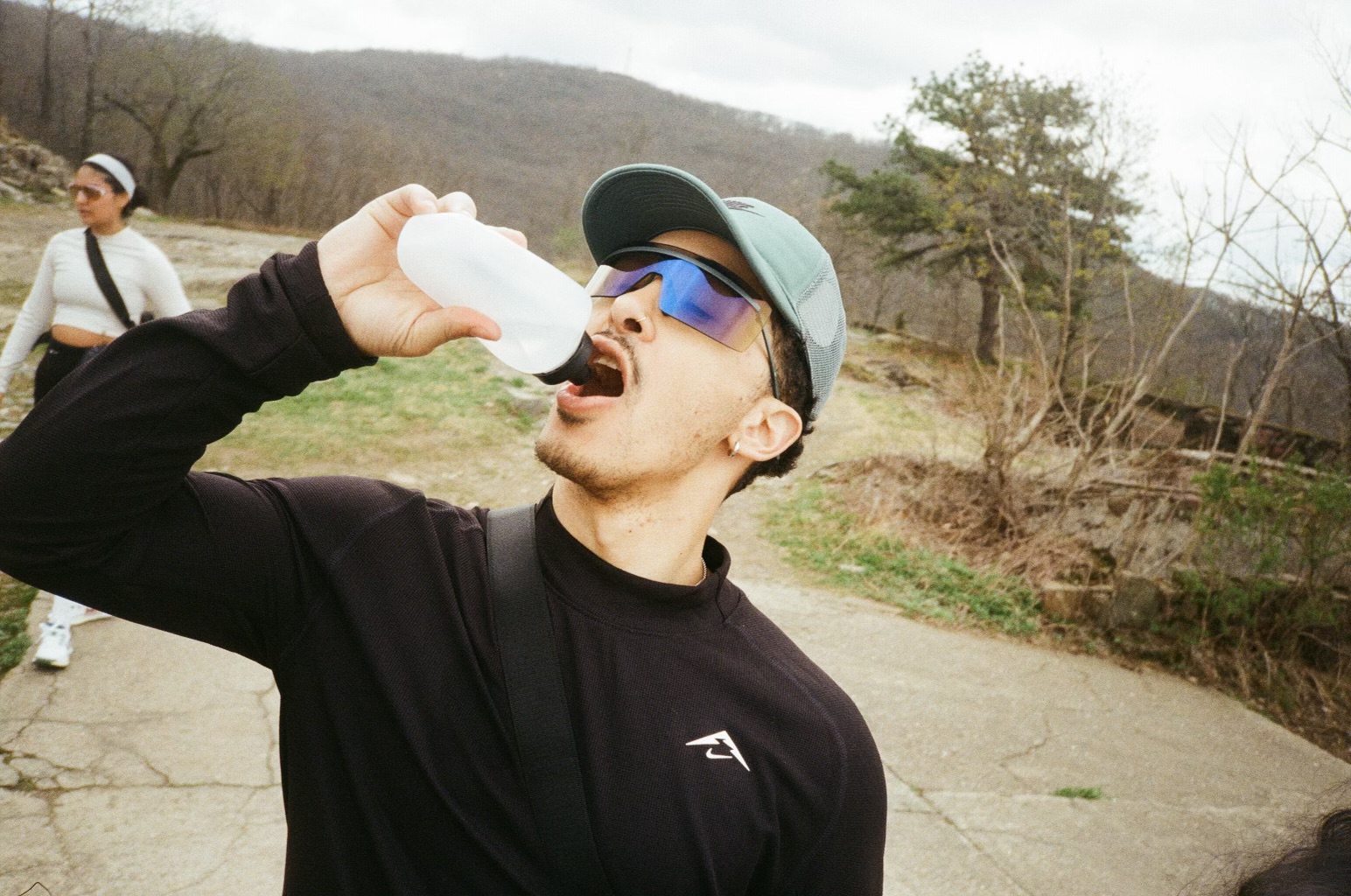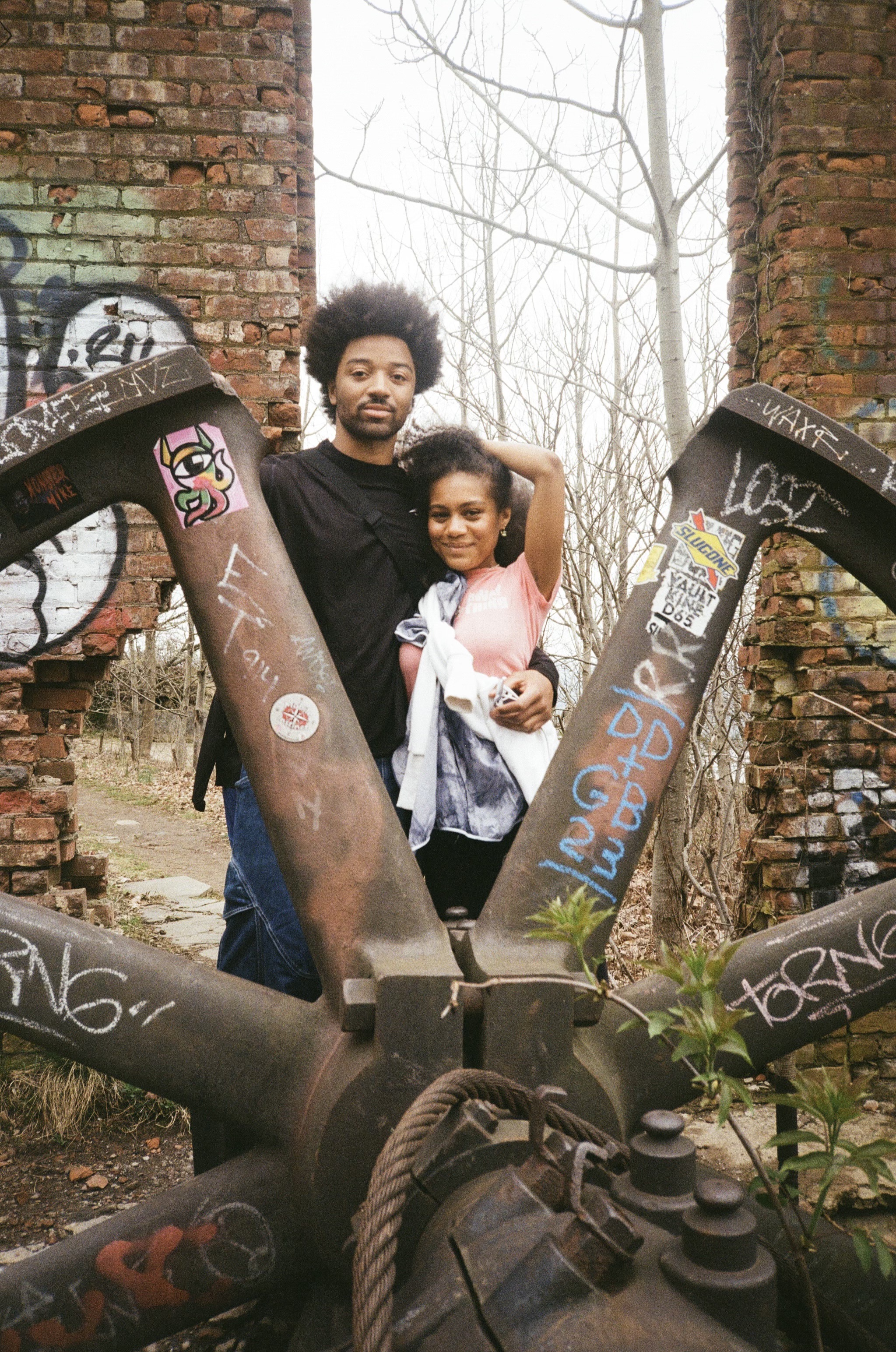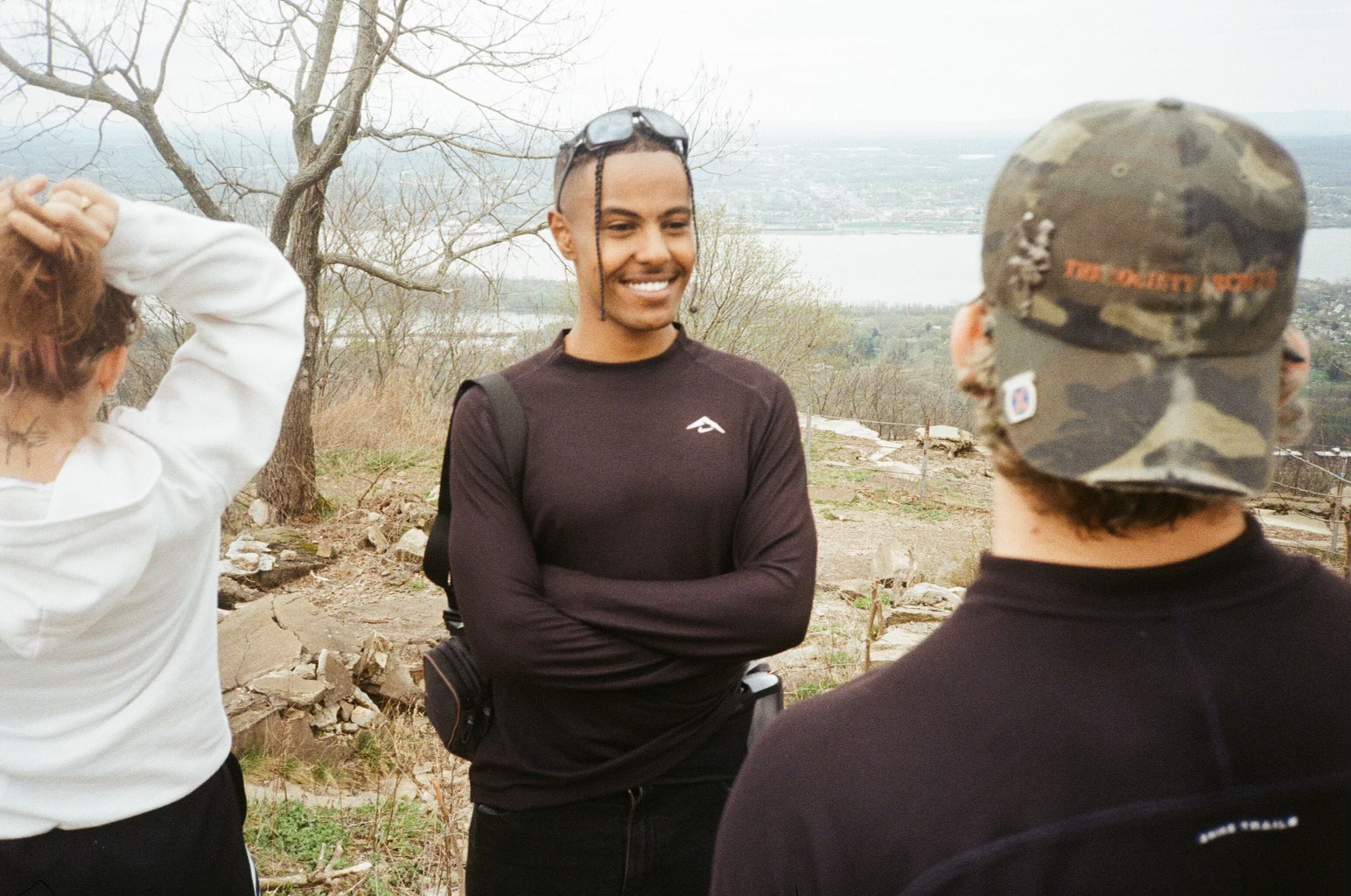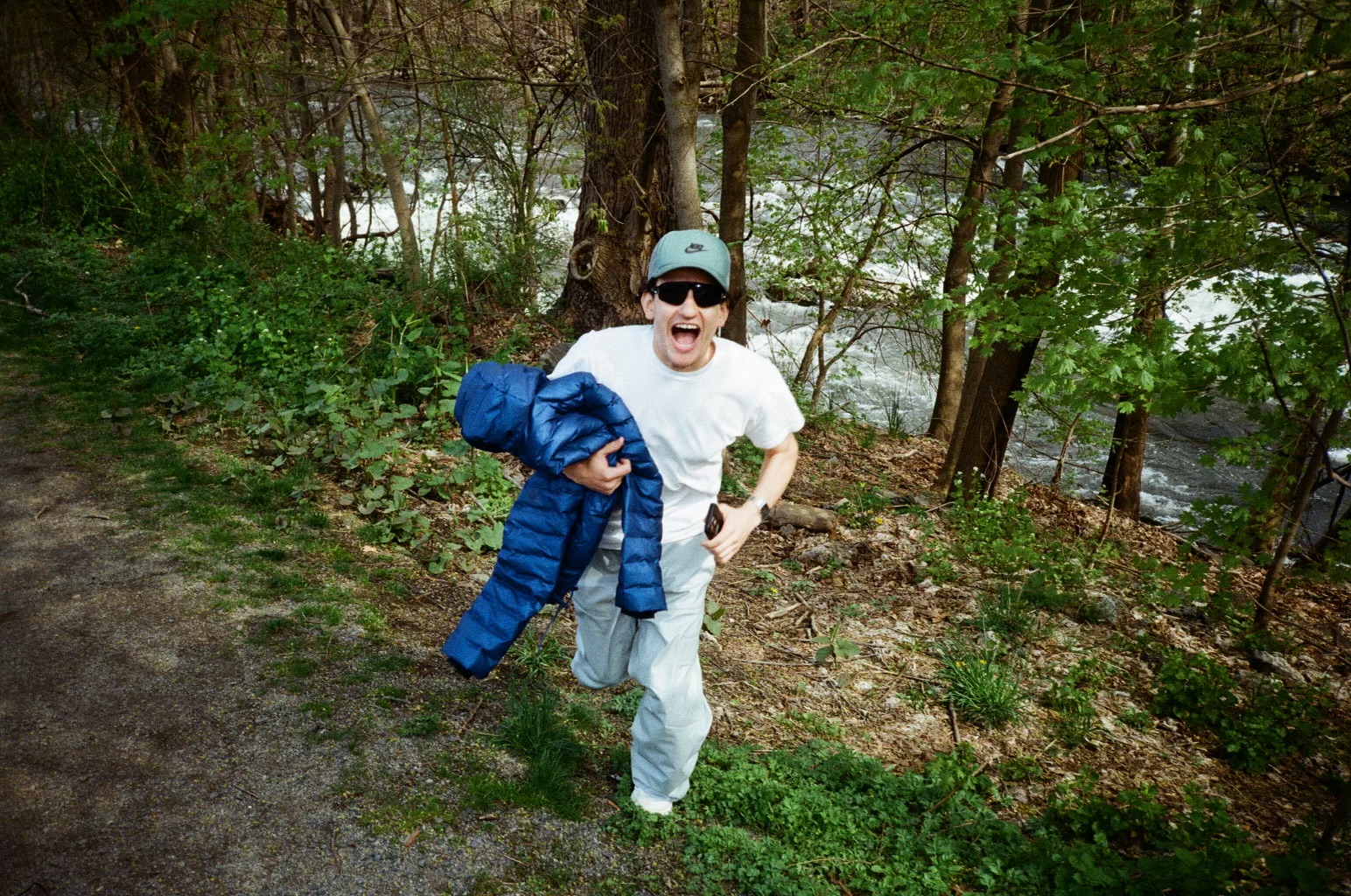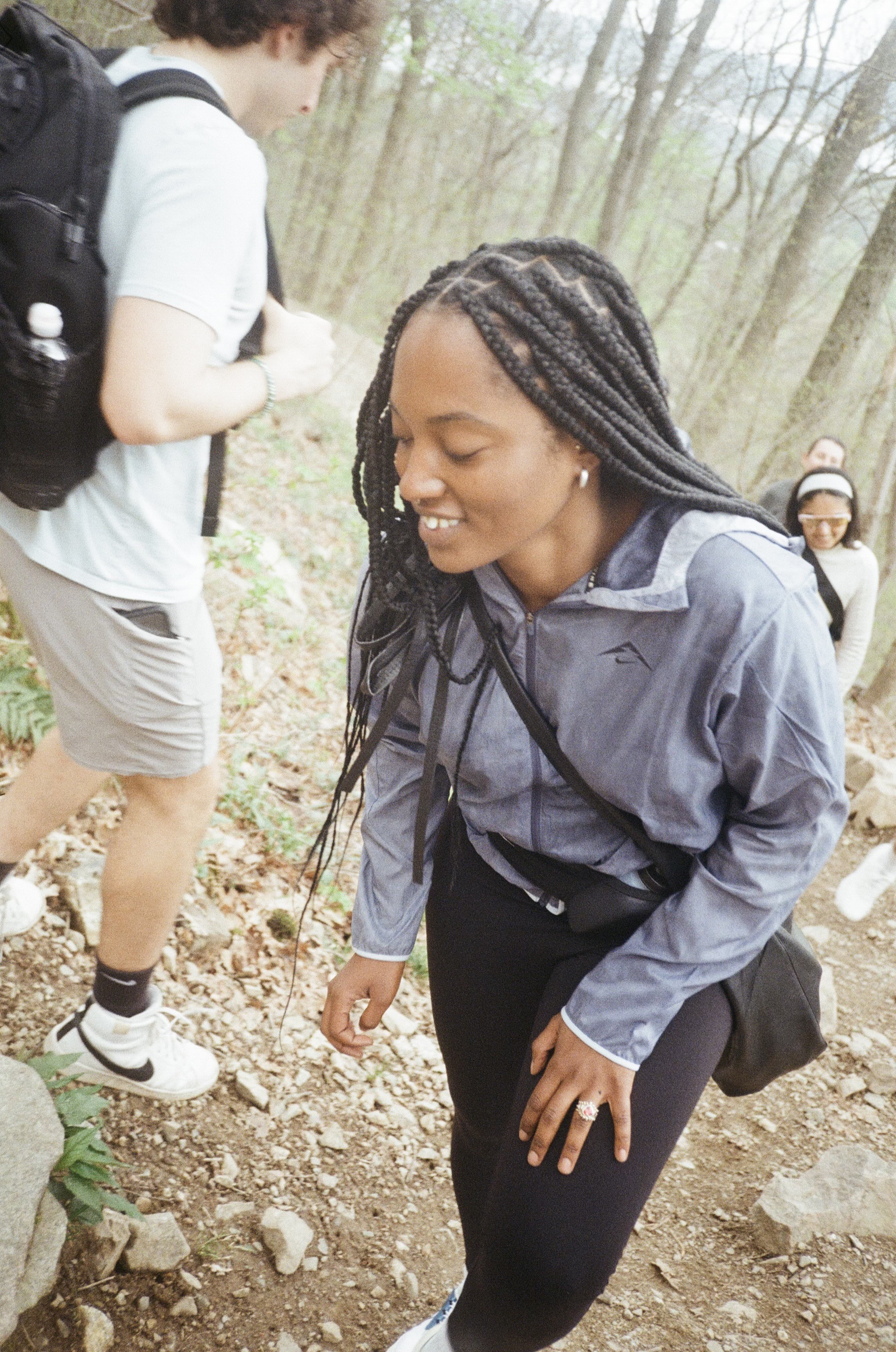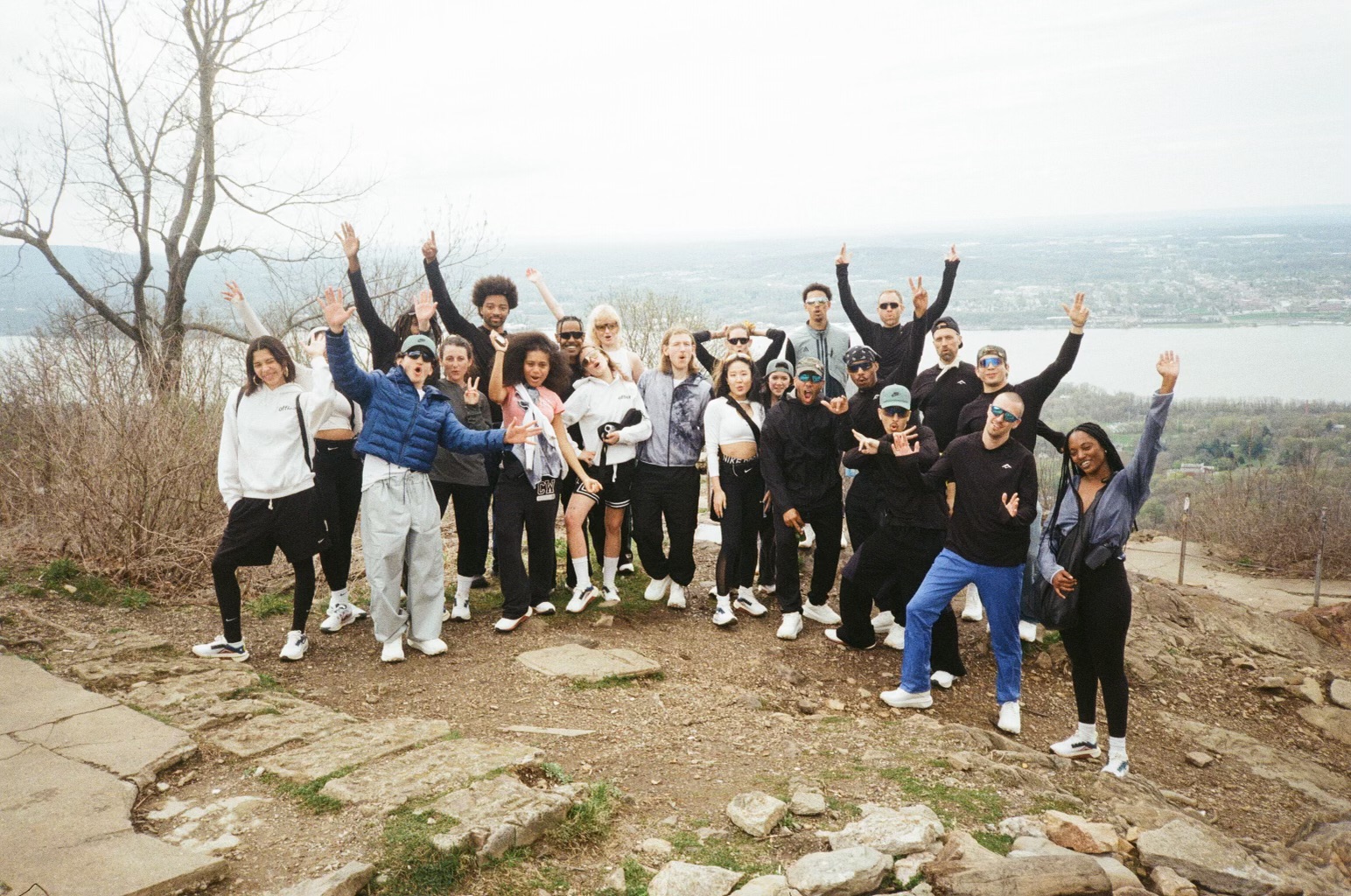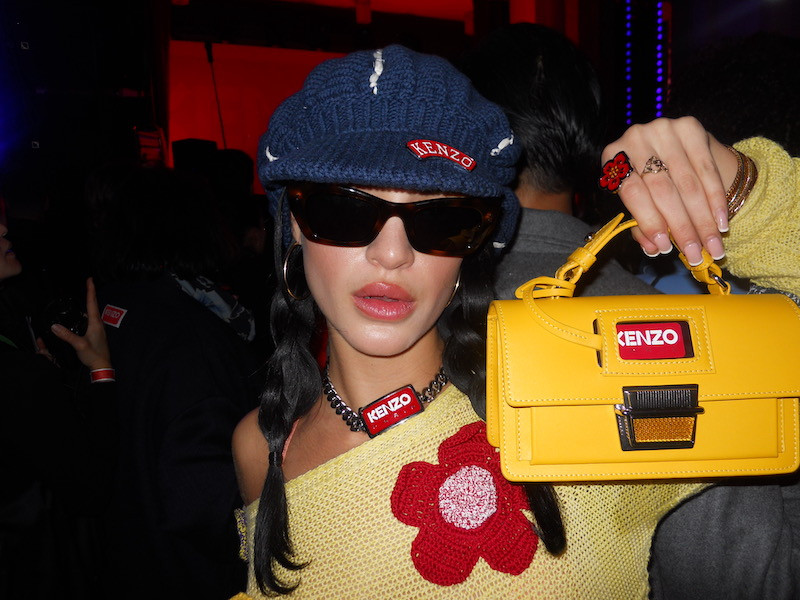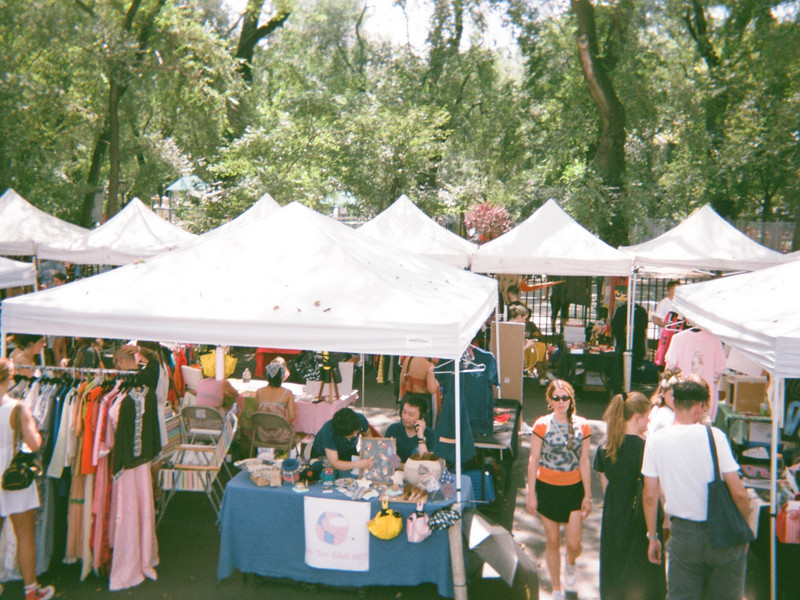Robert Yang’s Gay Video Game Fantasy
One of the most banned game developers in the world right now, Yang makes games that deal with and explore gay sex, intimacy, and culture. You may have heard of or seen his game, Rinse & Repeat, in which you get to wash a tempting gym rat-type of guy in the gym showers, only accessible by adhering to this sexy character’s schedule. Yang started with playing Mario at age 4, and now designs and simulates complex and immersive LGBTQIA+ scenes that allow players to navigate themselves through and explore sexual situations.
The BOFFO Residency Fire Island is an artists' residency located in the Pines, which houses queer artists every summer and provides them with a beautiful environment in which to make work. BOFFO is now looking to contribute to their community in socially distant ways, including screenings, artist talks, and a book club.
When was the first time you played a video game?
I was maybe 4 years old. I played the first Mario game on a Nintendo. I didn't really understand what was happening, but I was into it.
What video game made you love video games, and what ultimately made you want to start making them yourself?
I think Half-Life is probably the game I hold in my heart, it was one of the first games to really invest in its 3D world. In general, imperfect games motivate me the most—the gaps or omissions or problems suggest new game ideas, and then it's up to me to make that game exist.
When did you start making them, and what was your approach at first? How did you learn to make video games?
At first I started by modding my favorite games, making new stories or game worlds, and self-publishing my mods on the internet. It's kind of like fan fiction, but for games. It's about building on top of something you already understand, which is great for learning.
Was the subject matter always about gay culture? When did that become your focus?
I think maybe it started in 2009, when I had come out as gay to my friends and family, and started getting involved with the indie games movement—which is about making smaller games that are more personal, so I thought, why not also make gay games that explore this part of my identity.
How is gay culture defined in the gaming world? What kind of representation does the LGBTQA+ community get in the gaming world, and in what ways do you think this could change, is changing, or won’t change?
LGBTQ representation in games is still unfortunately focused on tokenization and "respectability politics" -- big budget blockbuster productions throwing some gay crumbs, like a secondary trans character here or a bi character there. This is fine but it's always strained through the market requirements of big commercial games, when we should be pushing for so much more imagination like a radical queer rethinking of video game culture itself, e.g. Marina Kittaka's recent call to "Divest from the Video Games Industry."
You’ve made many games; what’s your favorite one you’ve ever made?
I think Succulent is my favorite. It's short and sweet, and I made it in just 2 weeks, which is very very fast for a video game. It really just came together without much pain. It's short and sweet.
What does your game Succulent entail?
Succulent is a short music video game where you help a man eat a popsicle/"ice lolly"/"ice block"/oblong frozen treat. It's very straightforward, it's just about puppeting a sexy man eating something in a sexy way. But he also symbolizes a very specific muscular white stud masculine sexiness, and at the end, he devours the player. It's a cursed fantasy.
Which has been your most successful?
Rinse and Repeat is probably my most played and YouTubed game, and it was even featured at the Victoria and Albert Museum in London as part of its big "Videogames" exhibition. The tone and core fantasy are probably the cleanest work I've done, so I can see why people gravitate to it so much.
Can you explain Rinse & Repeat a little bit?
Rinse and Repeat is a shower simulator game about washing a guy at the gym. He'll tell you where to scrub, and how he wants to be touched, and you have to do your best to fulfill his desires. So it's about listening to a partner, but it's also about the boundaries we set. The hunky shower man will only appear at certain times in real-life, once per day, so like sometimes he'll be showering at 3 AM on Monday.
Will you reconfigure your real-life schedule just to play this game? What are you willing to do to maintain this virtual relationship? In what ways are you exploring sex through your games?
The main goal of my work is to normalize sexuality and sexual culture in games. Sex can be fun, boring, sad, beautiful, disappointing, annoying—sex is all these things, and excavating the depth of sex is a crucial project for sex positivity, feminism, and LGBTQ rights around the world. I'm also currently one of the most banned game developers in the world right now, so I frequently simulate the police in my games. It's important to understand the oppressive ways that sexuality has been policed in the past, present, and future.
Is your work changing at all due to quarantine & COVID?
As you can imagine, most video game development work already happens on a computer, so my work has been minimally disrupted, apart from the usual existential dread and depression facing everyone everywhere.
What has your residency at BOFFO Fire Island been like? Having time to rest and reset has been vital, and me and my collaborators are just so immensely grateful for this respite. We've been going to the beach like every other day, and we sorta can't believe rich people get to do this all the time?
But then I'm told that rich people actually think going to the Pines is sort of like, slumming it, which is absurd. So a lot of this residency has been about learning about all these perspectives.
Does living and working in Cherry Grove, a well known gay haven, inspire your material? If yes, how so?
We're based in the Pines, which has been funny for our research—there's been almost no parties or big events here due to quarantine—and everyone keeps telling us how weird and unusual and empty everything feels. So do we spend our residency making a game about this very abnormal time, or do we make something about a fantasy gay circuit party paradise that we never even witnessed? We decided to sort of try both: acknowledge the reality and the fantasy.
You’re collaborating with Eddie Cameron, Fernando Ramallo, and Kevin Watters on developing a new gay video game… What can you tell us about this project?
We wanted to make a Fire Island Pines sim game, playable in-person by a non-gamer audience, while preserving social distancing restrictions. So there's a big screen where we project a big 3D recreation of the Pines that I kinda built, filtered through Kevin's social simulation and Fernando's camera director AI, and Eddie built a system that lets players send text messages to control their avatar. It's kind of like an interactive decentralized mural, where the accumulation of all the players' decisions add up to this collective image. We wanted to make something public at a time when the public sphere has basically disappeared, to reflect this community back onto itself in a playful way.
Kind of like another dimension where Quarantine never happened?
Well, not exactly, because we've never experienced the quarantine-free Fire Island ourselves. It would feel dishonest. It's more about the tension between these two dimensions, maybe? The BOFFO director Faris Al-Shathir has been working so hard to finalize the physical public installation at a time when society is killing off arts and culture—so pending approval from the local government, we're going to try to setup a big projection in the Fire Island Pines Harbor, which should allow enough space to safely socially distance. It'll be like going to the ferry docks to leave physical Fire Island, to go to a virtual Fire Island... but in real life, you're still sitting there socially distanced, you're still masked, you're still under this weird public surveillance of lockdown America, it all becomes part of the game experience. So in the game, between sex parties or beach outings, your avatar also might be masked, might encounter story beats about dealing with lockdown, might even participate in a Black Lives Matter march, etc. Fantasies are never completely detached from reality, but rather they collide and intersect with everything else—and this is just the mess we live in, every day.
